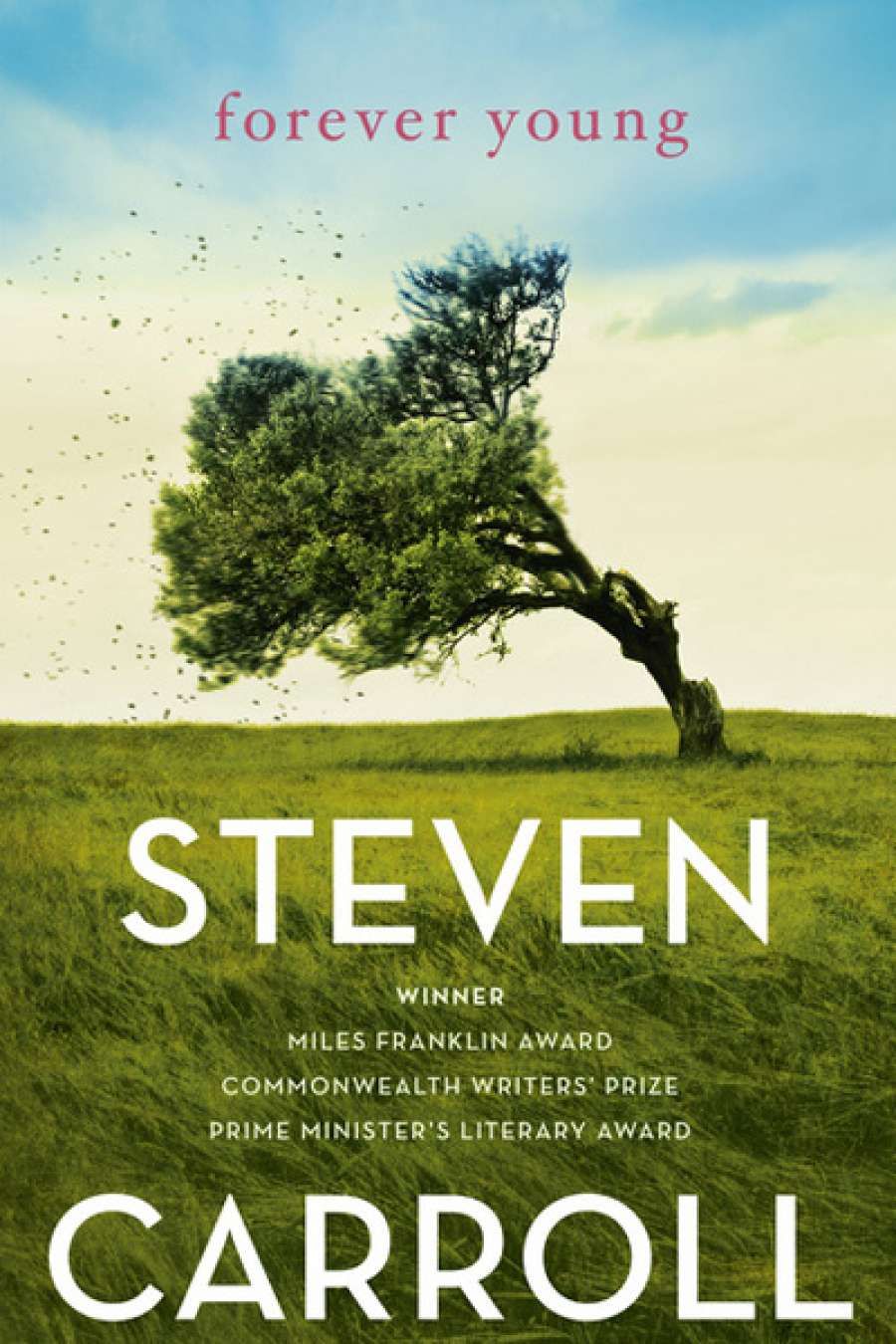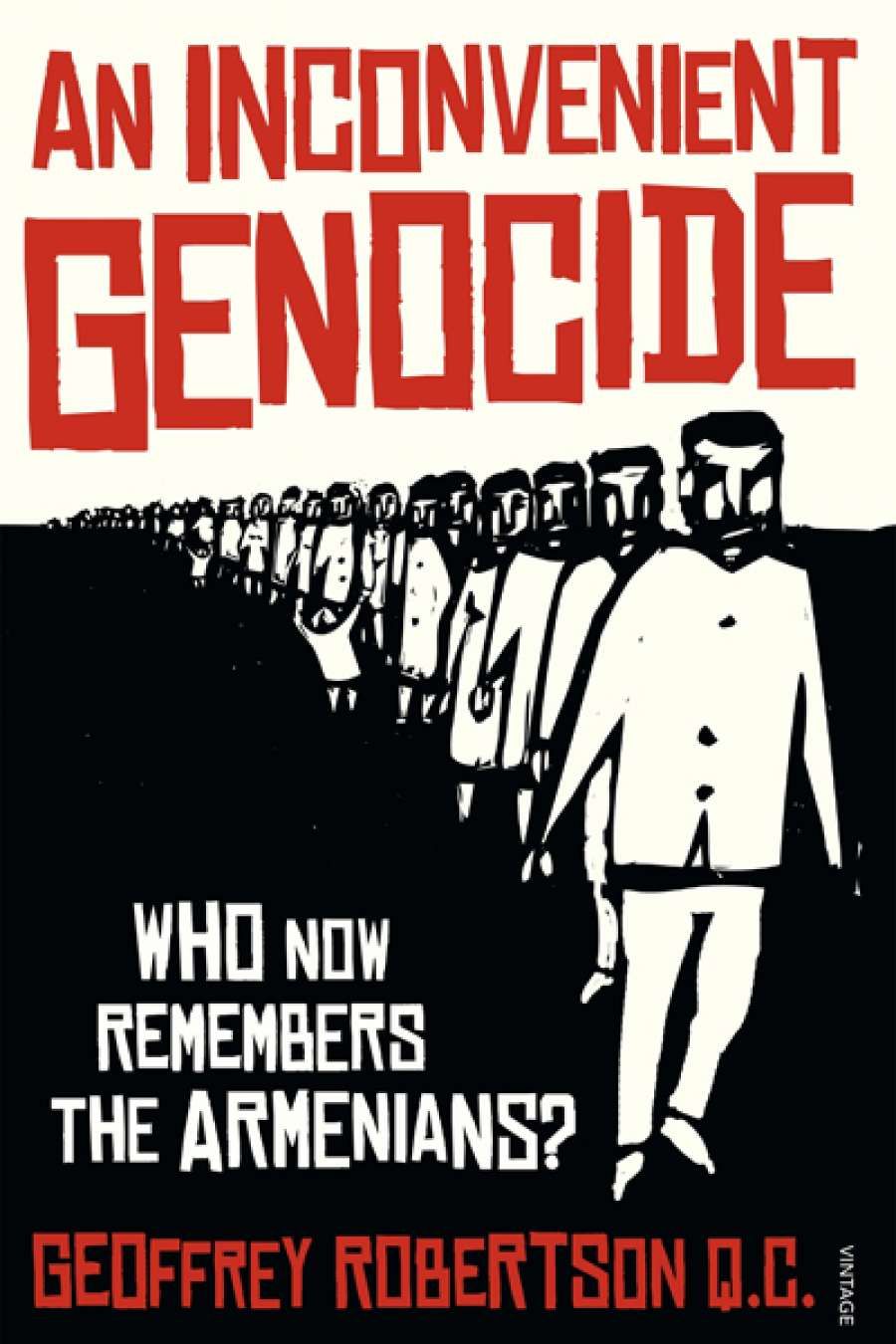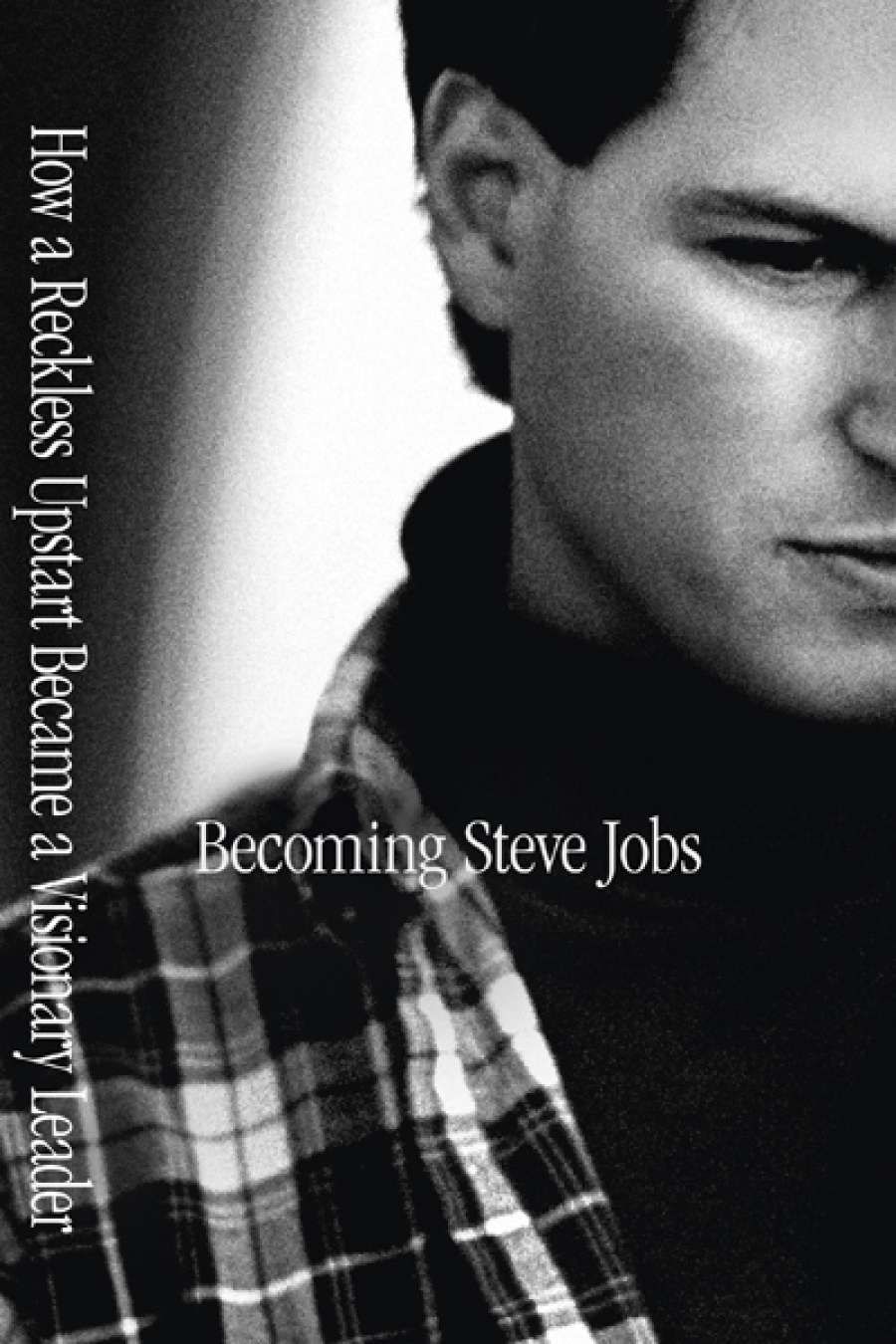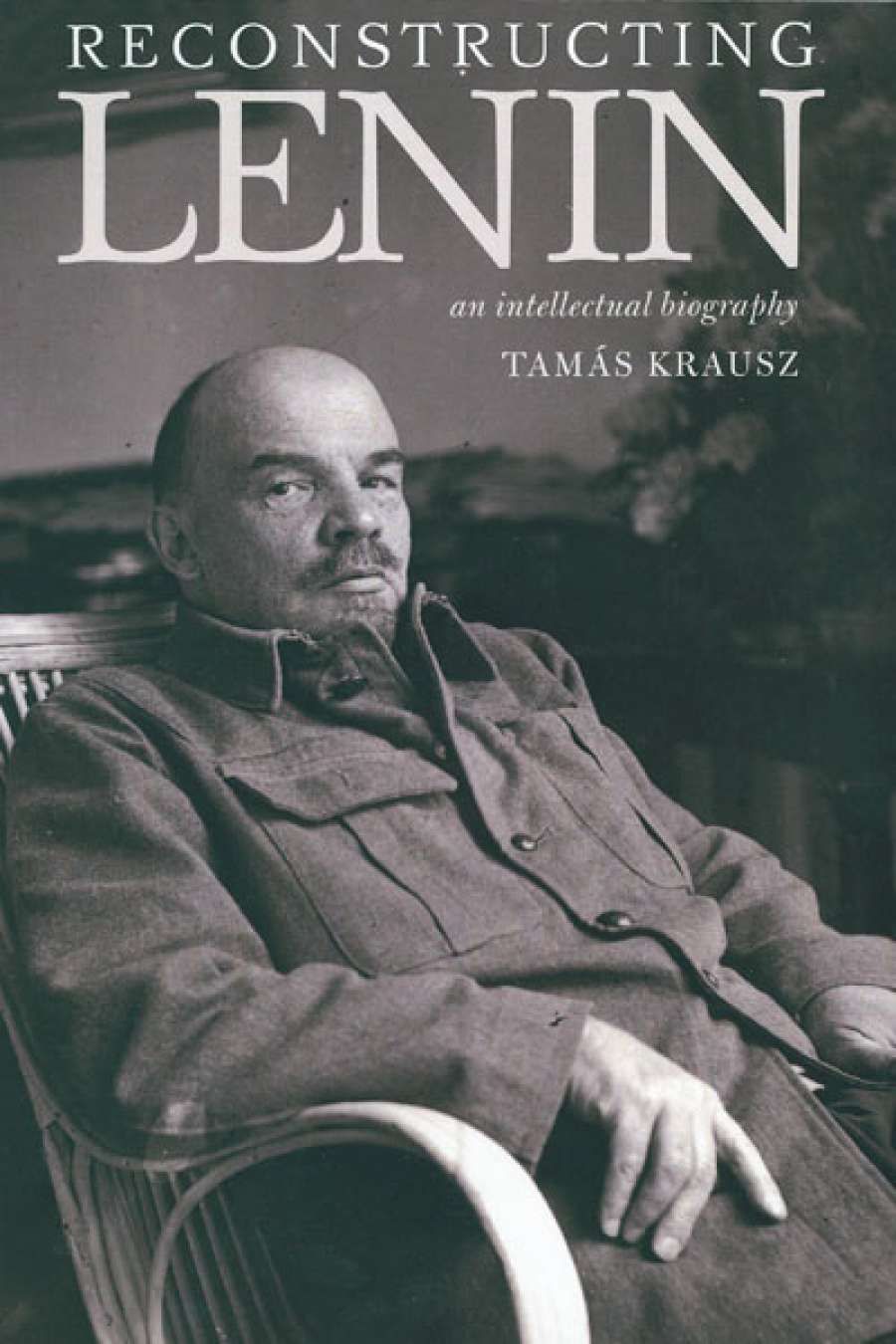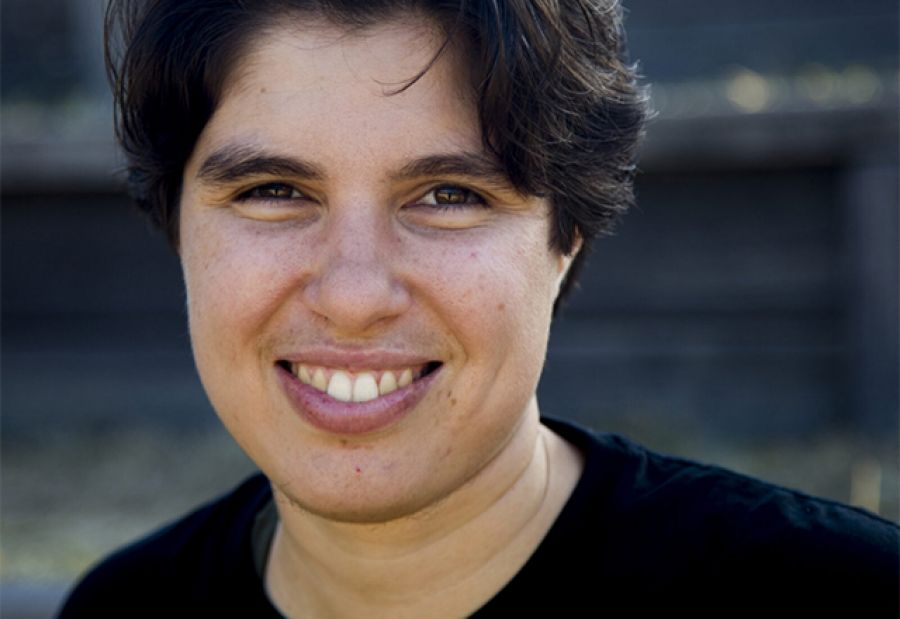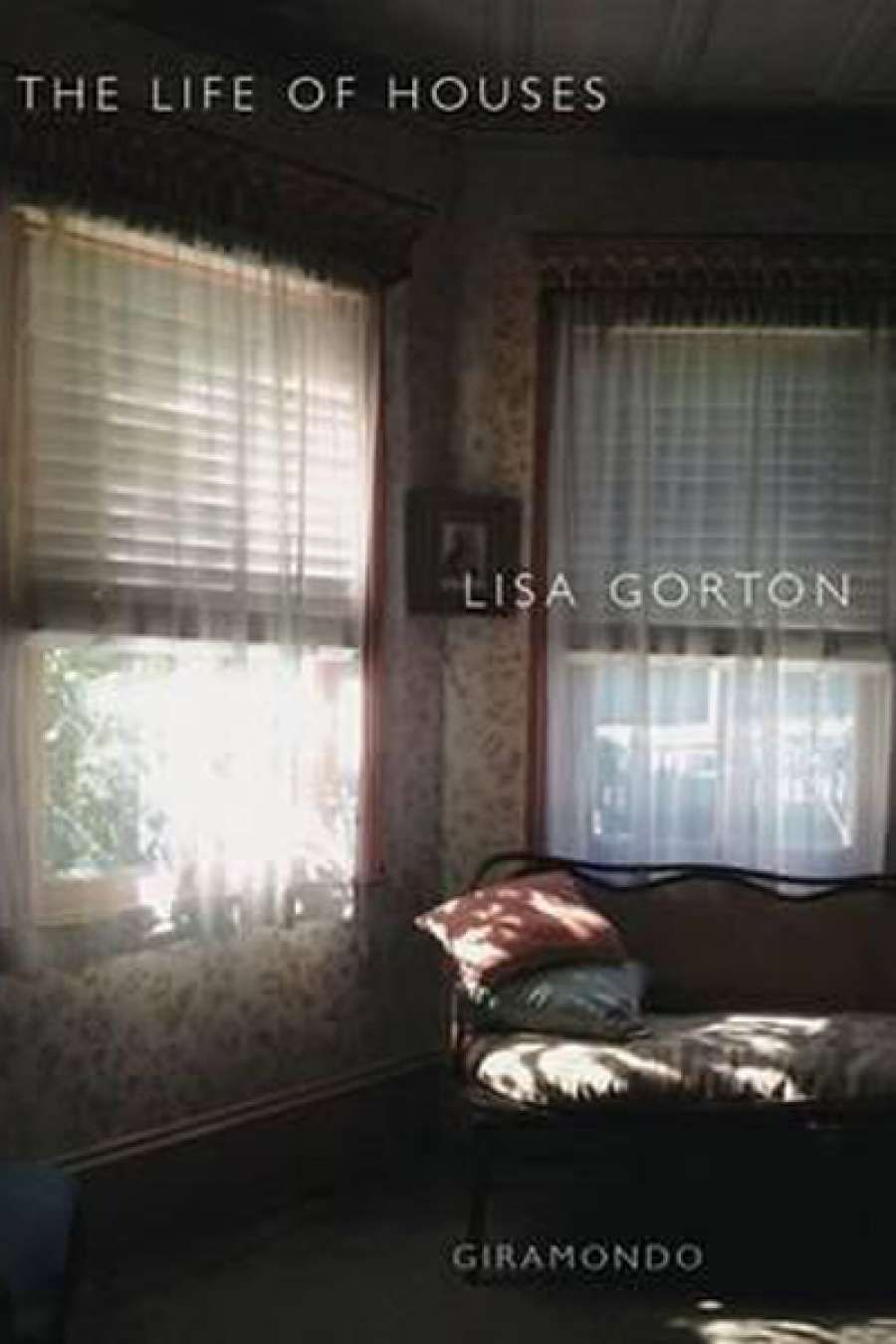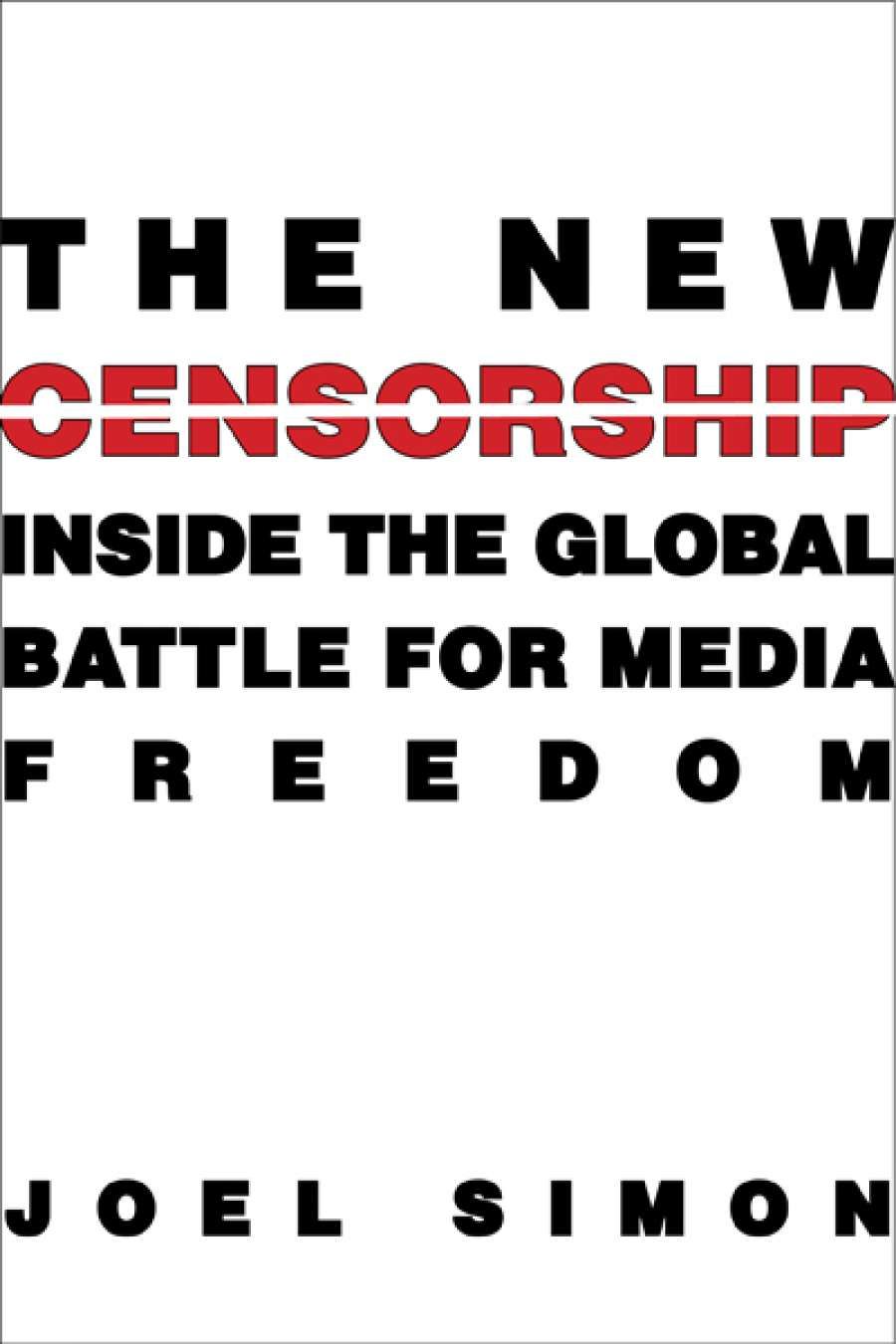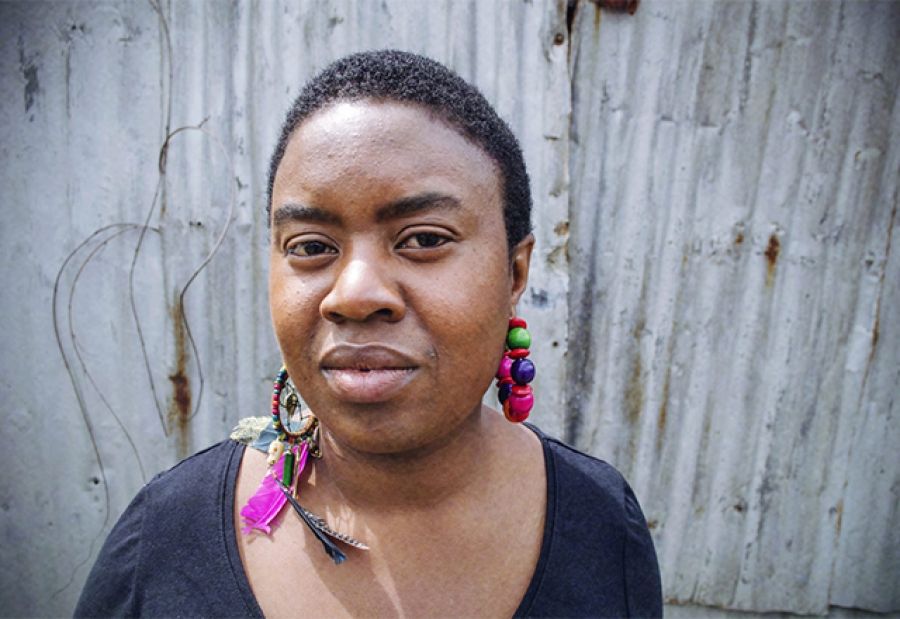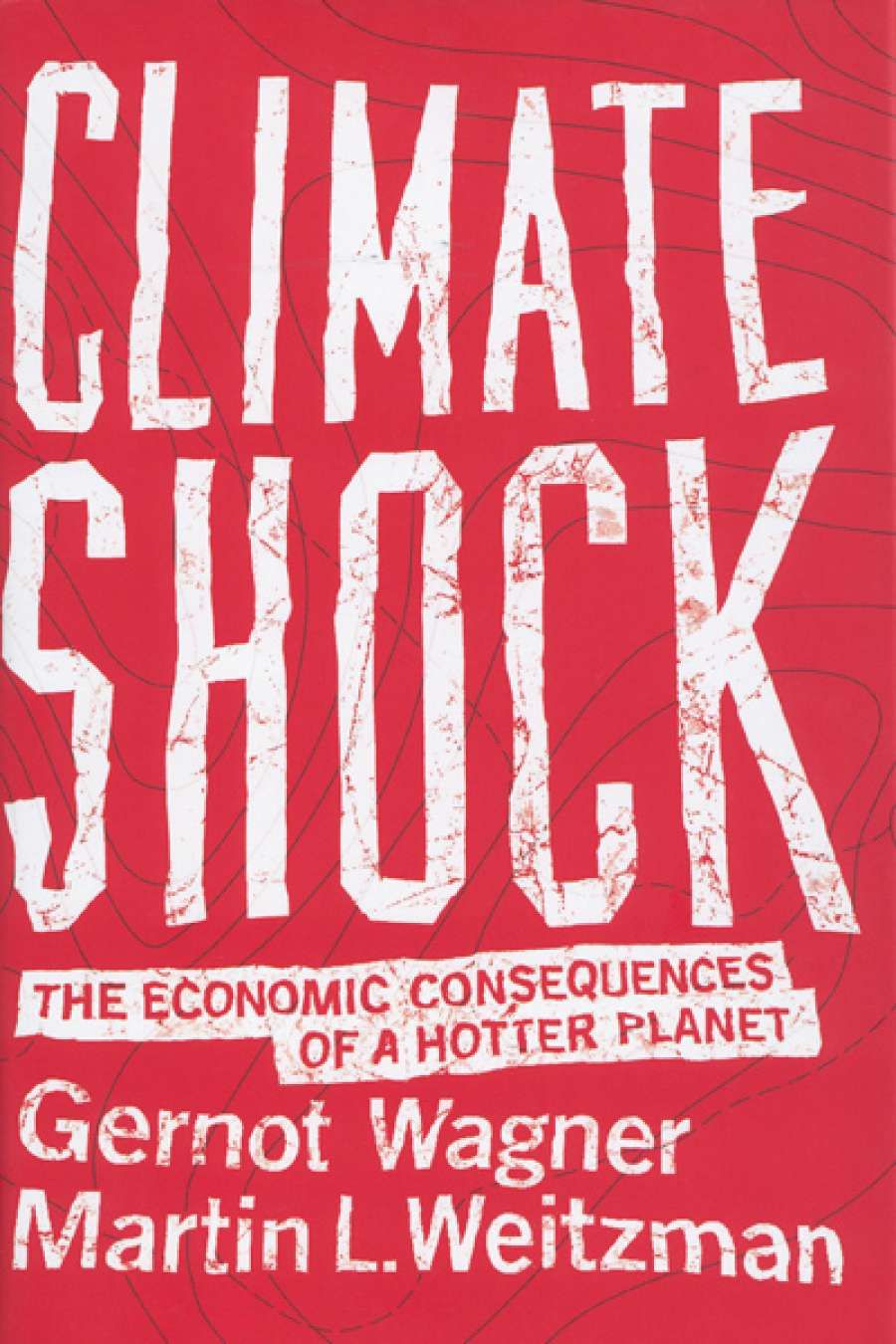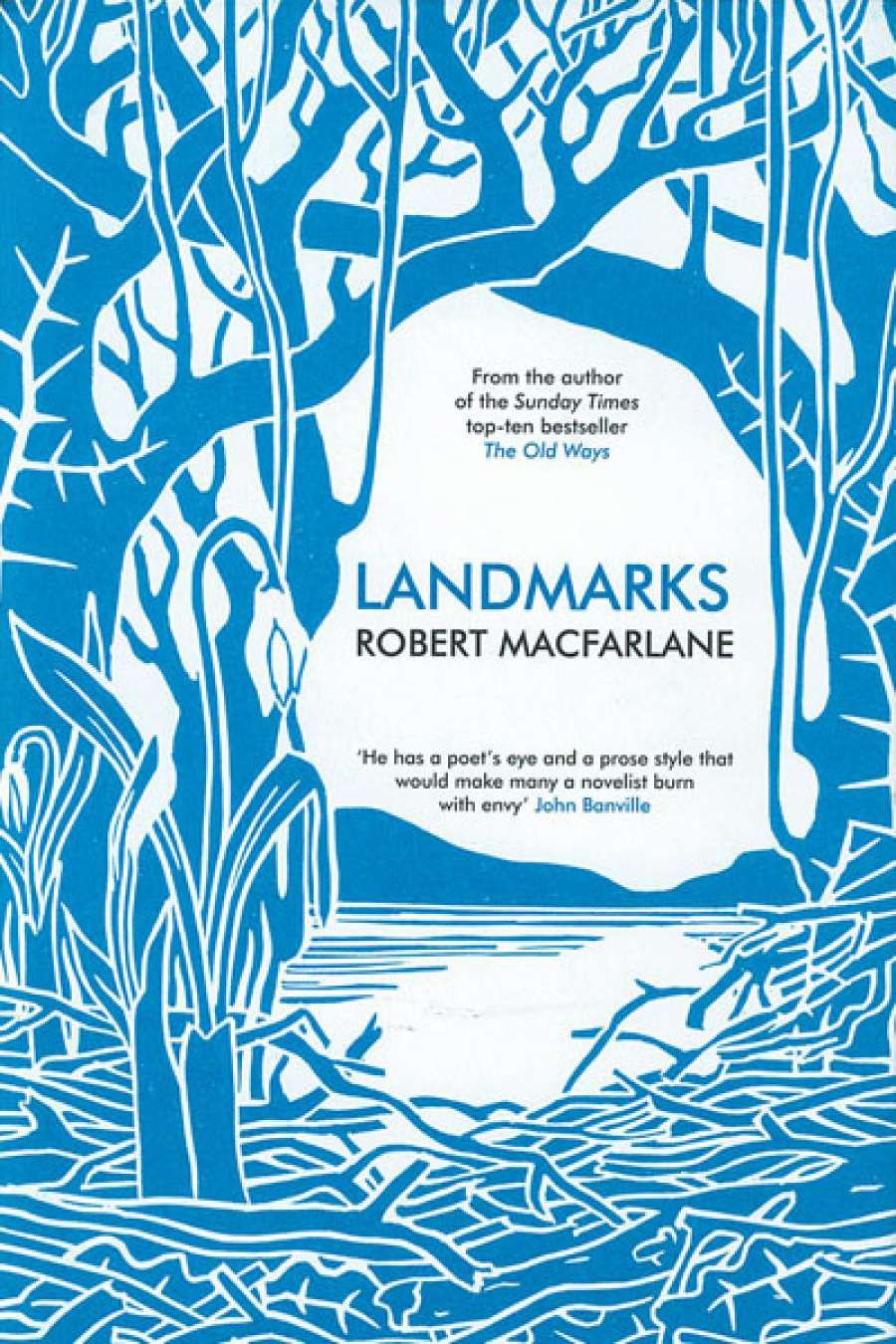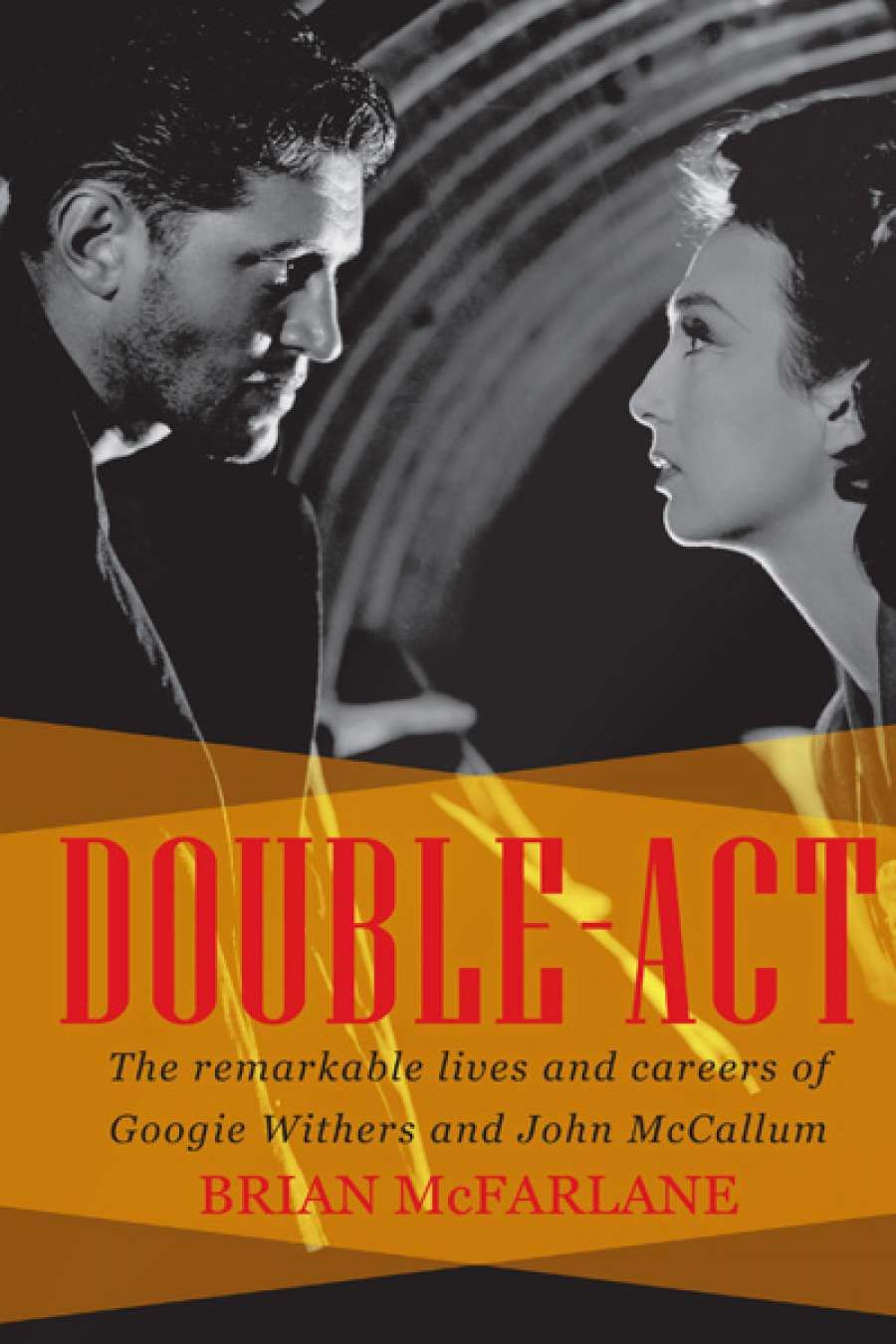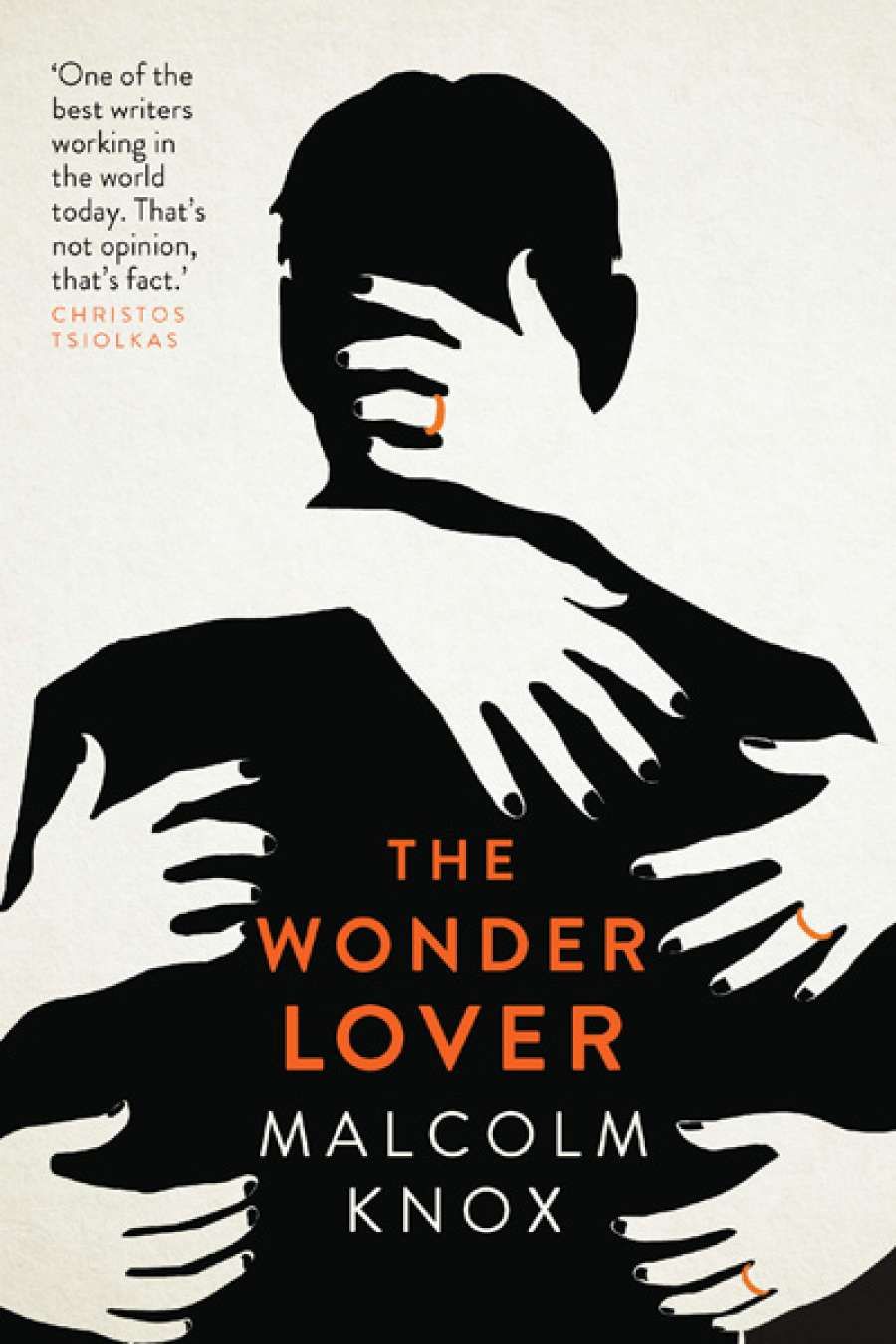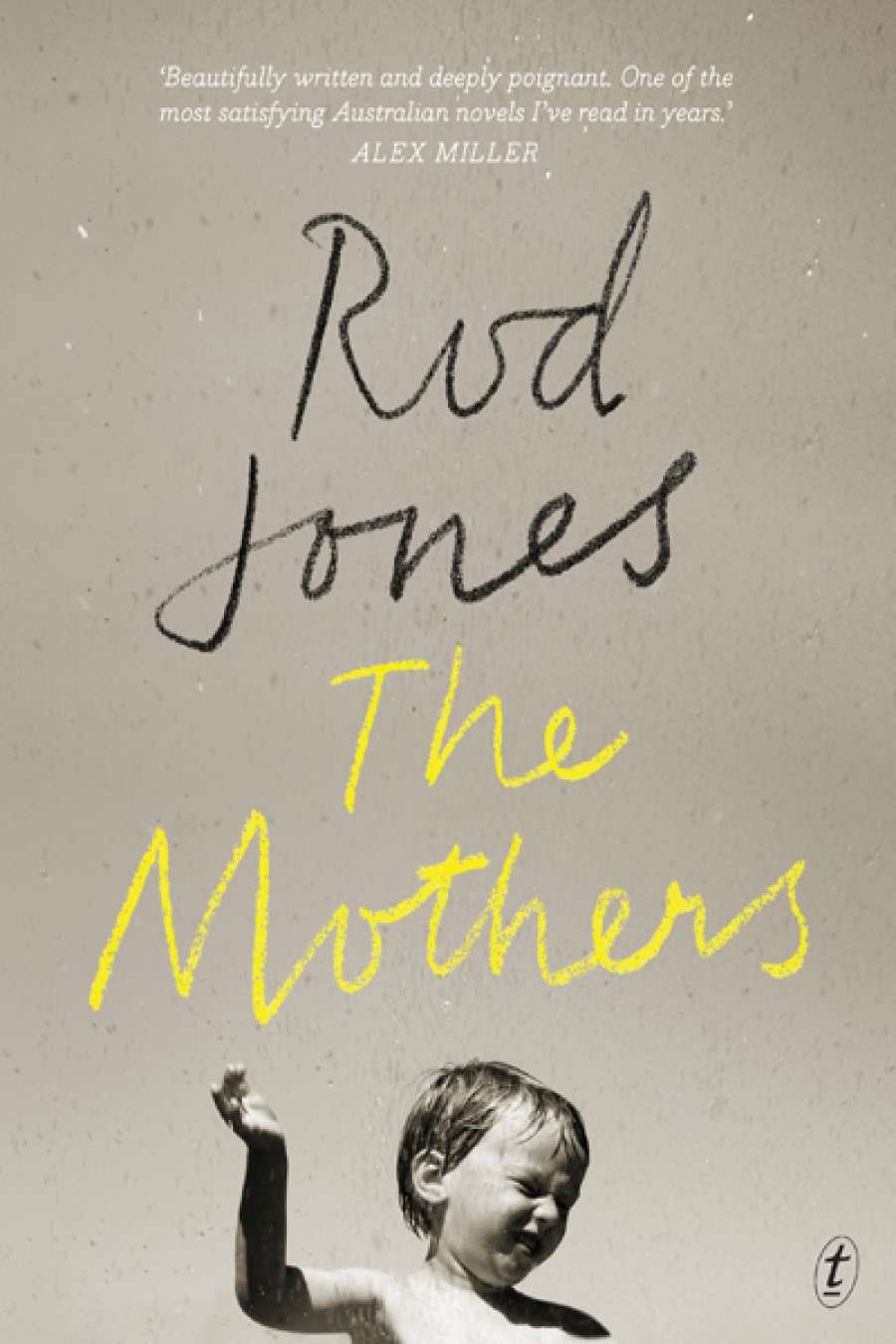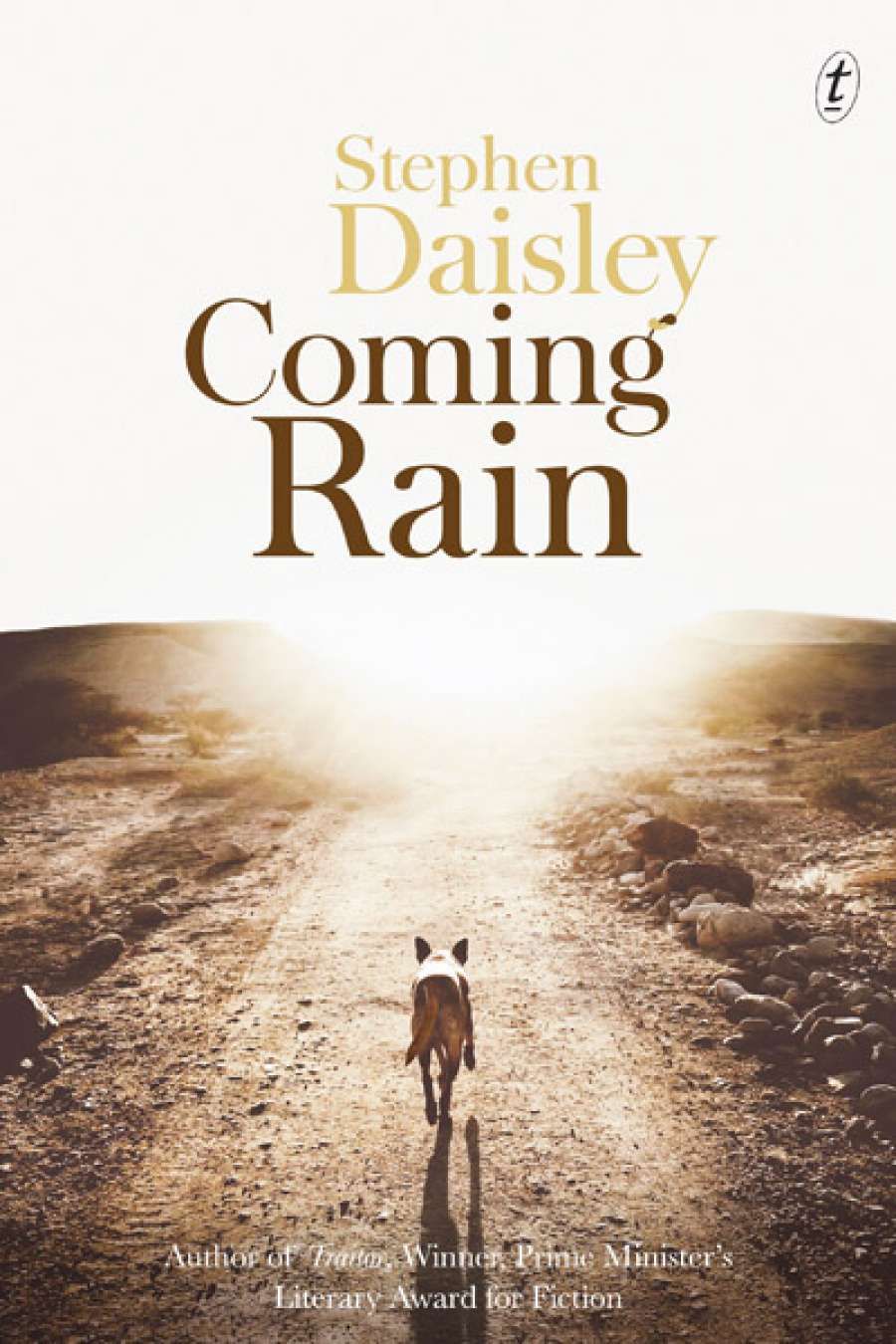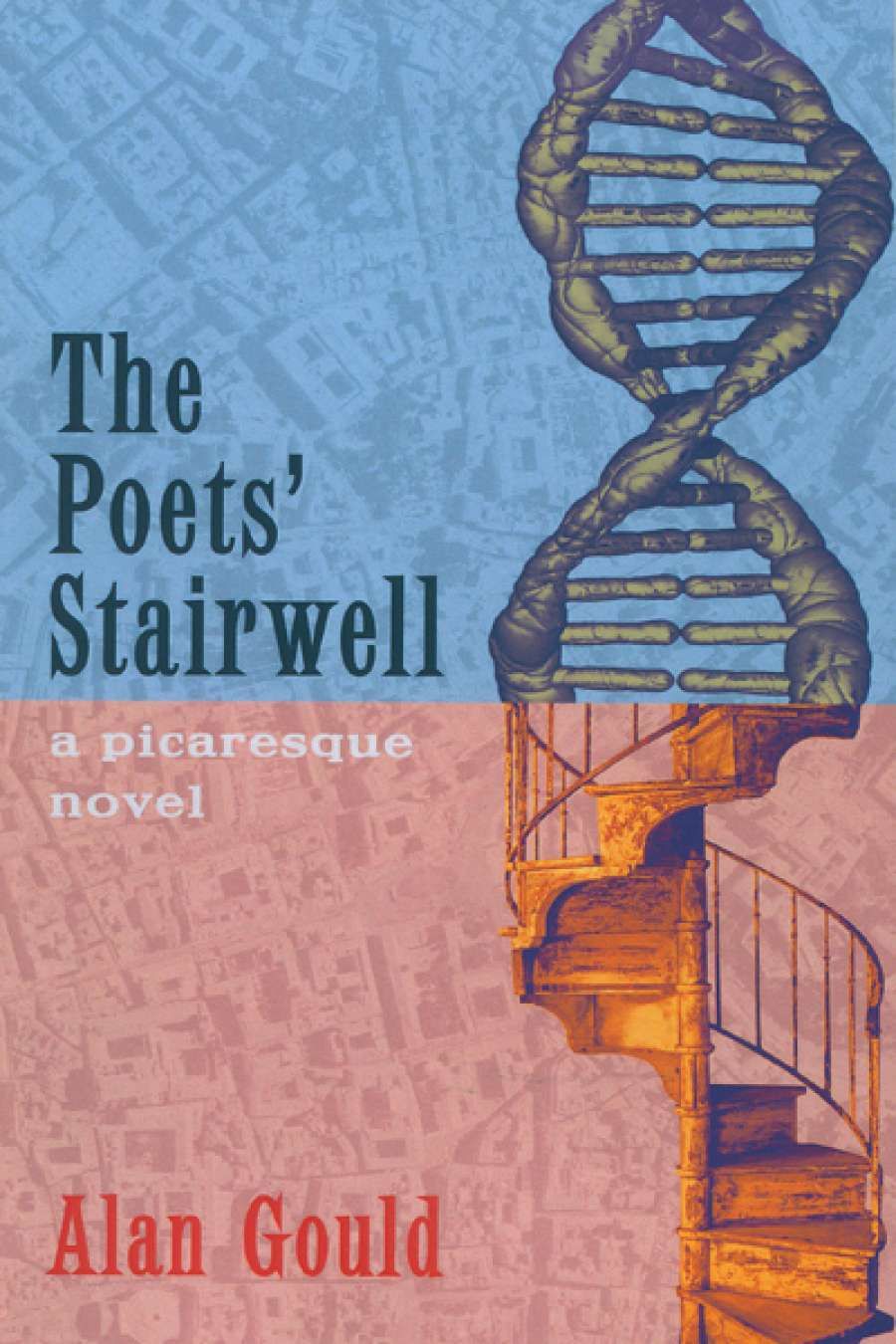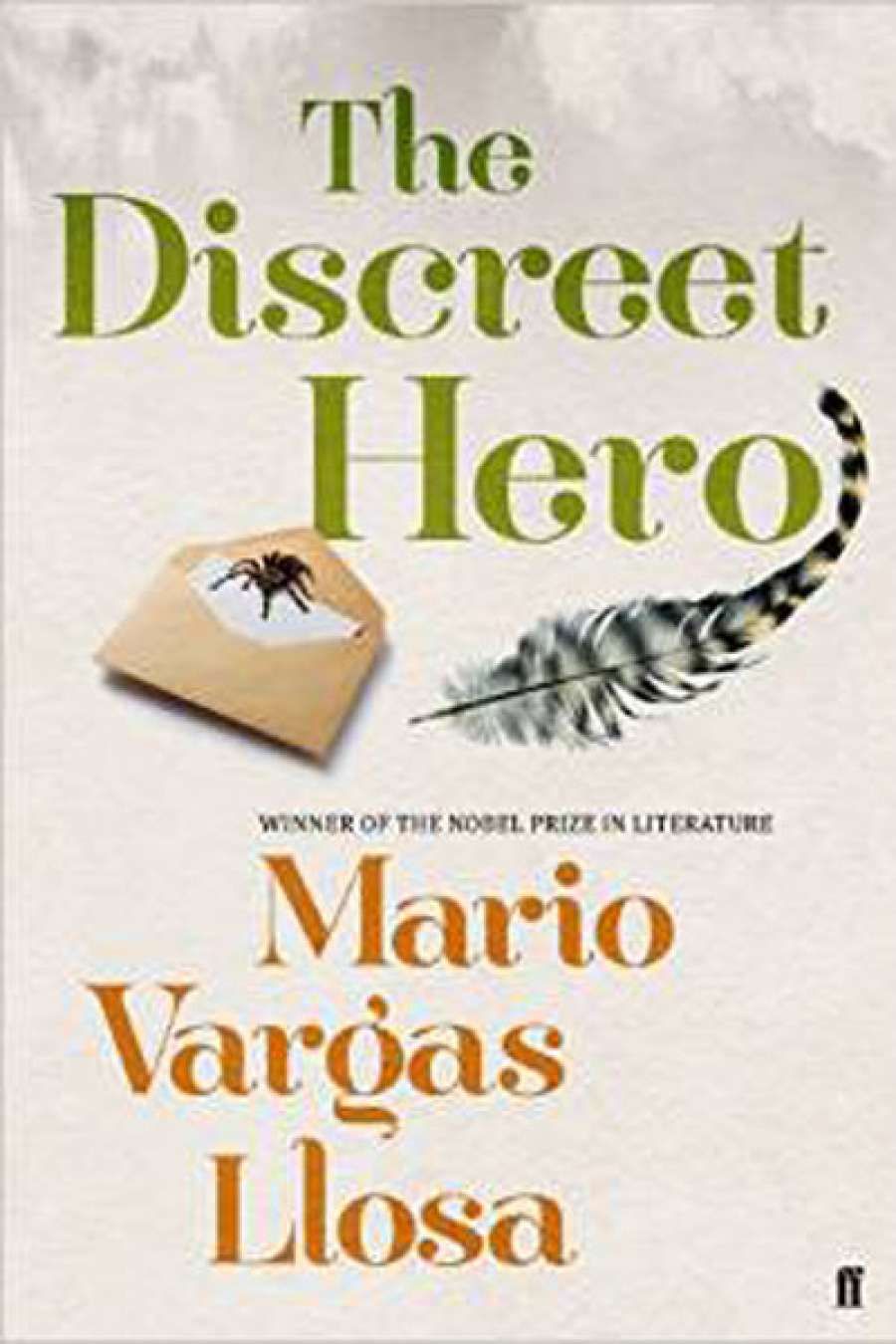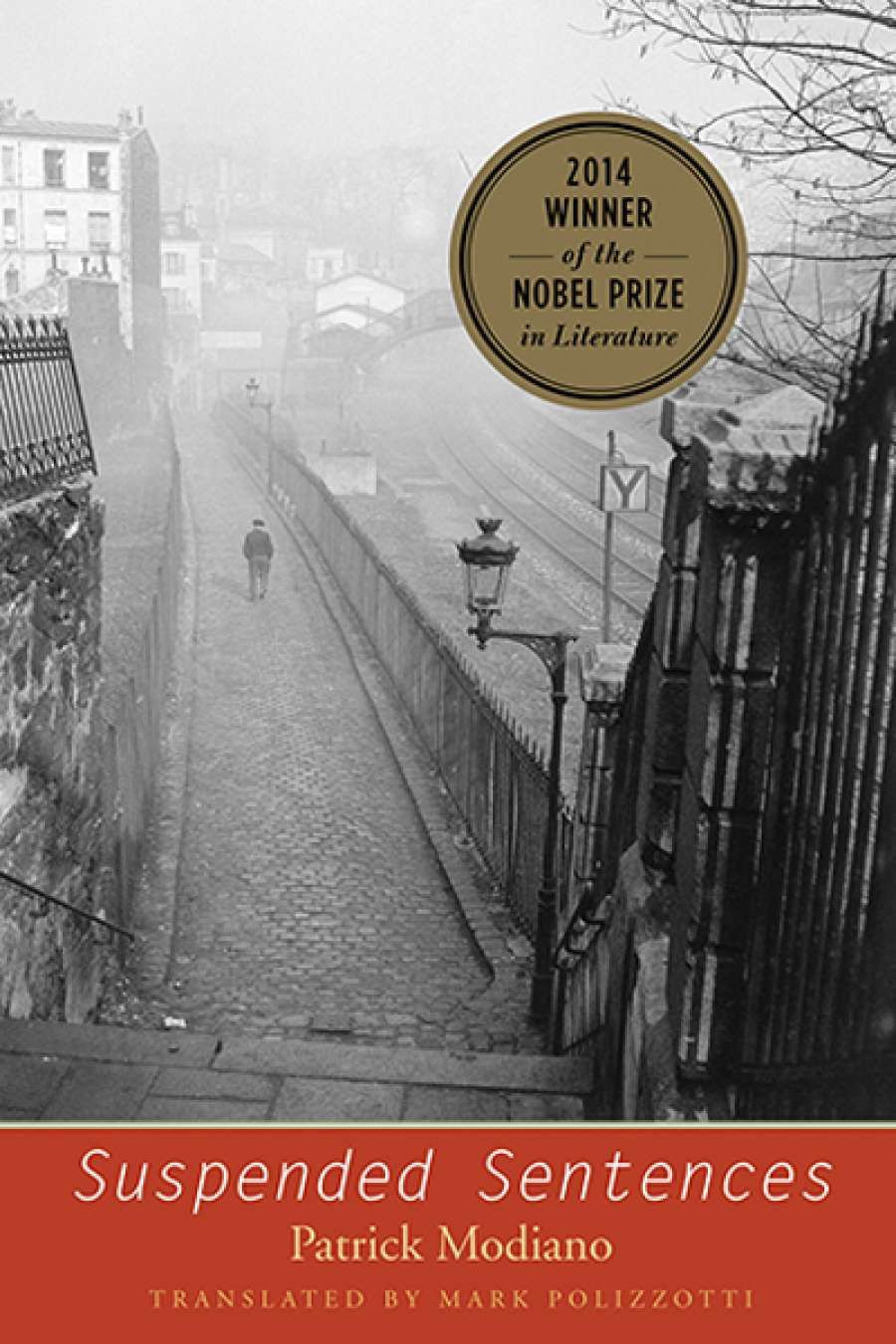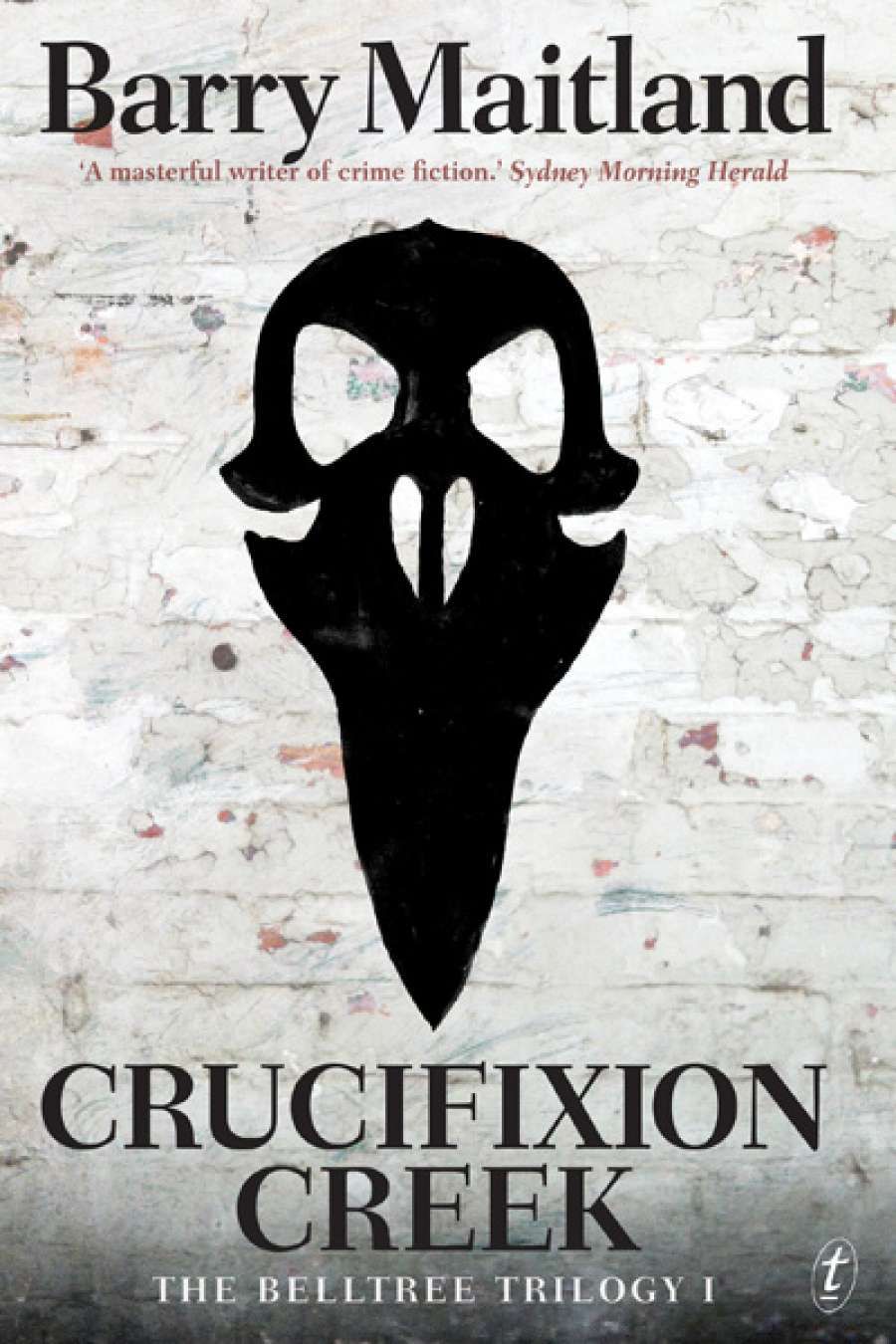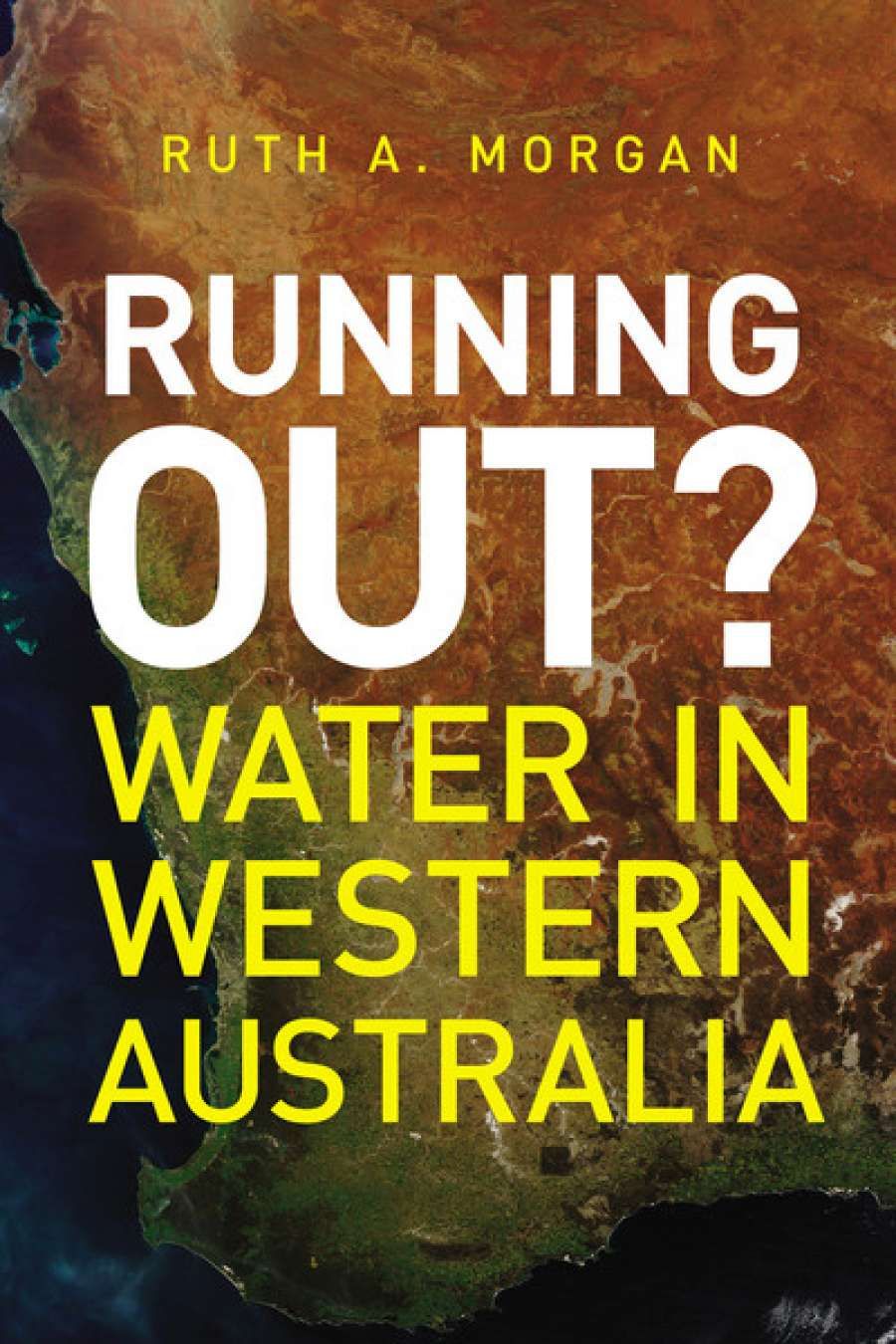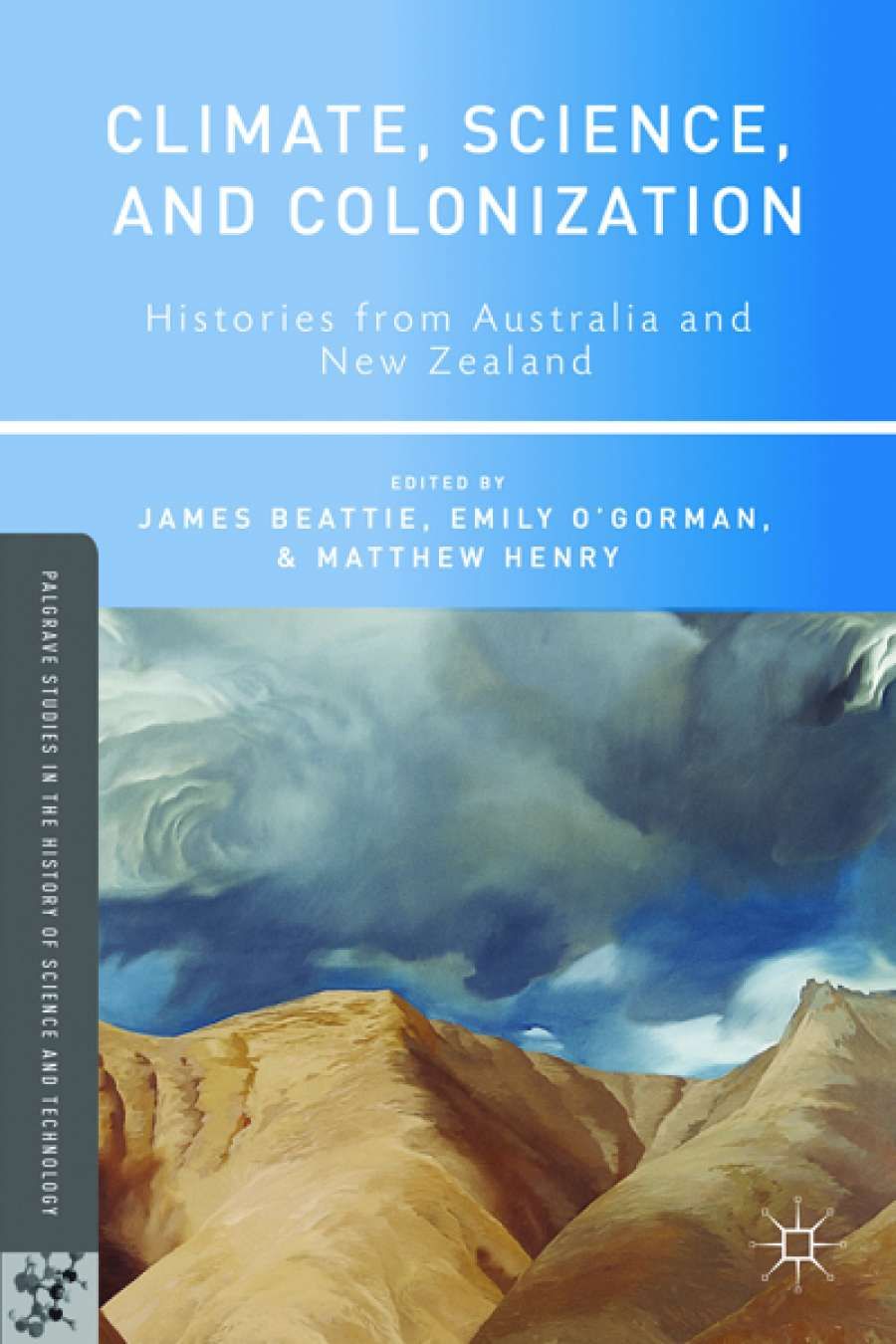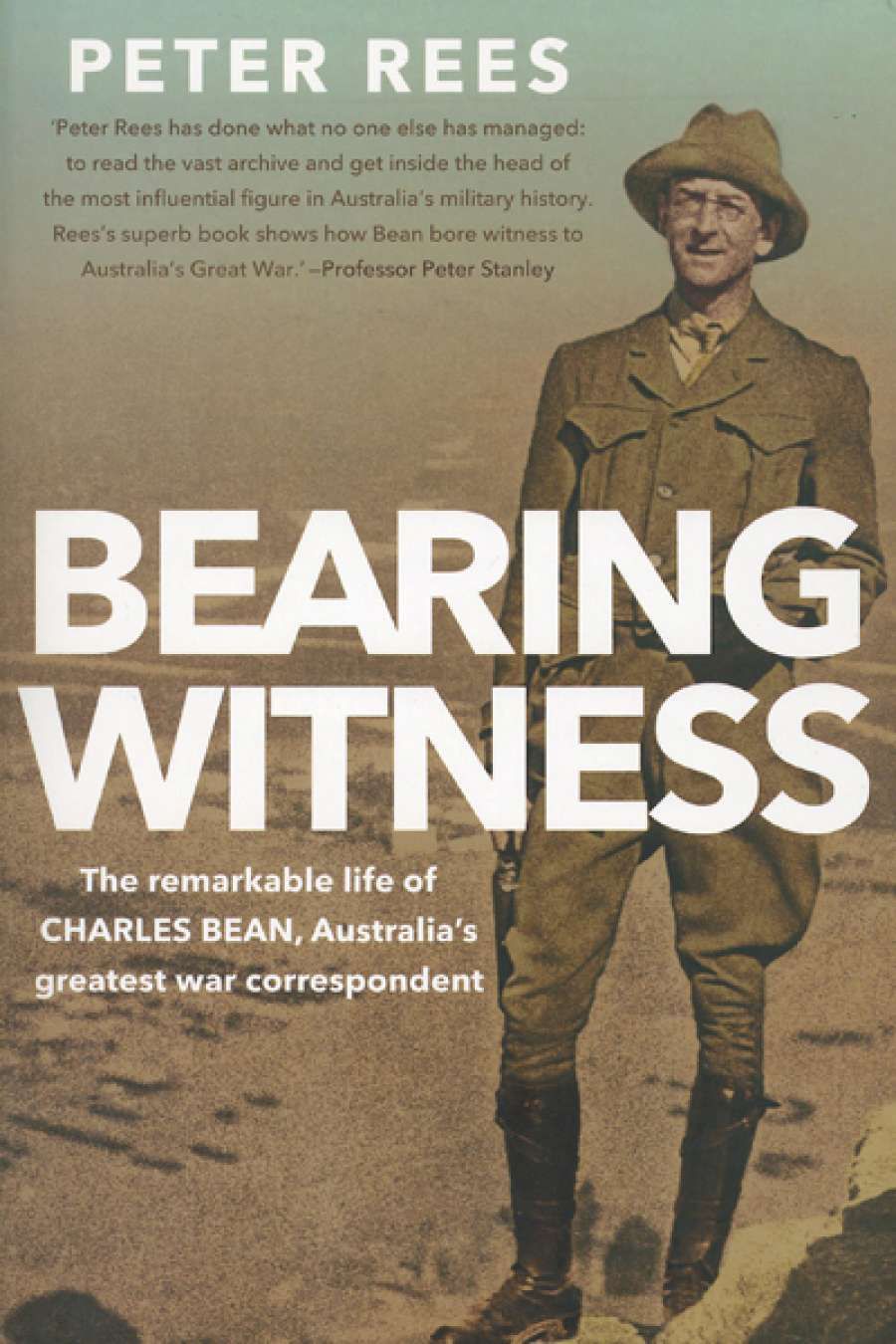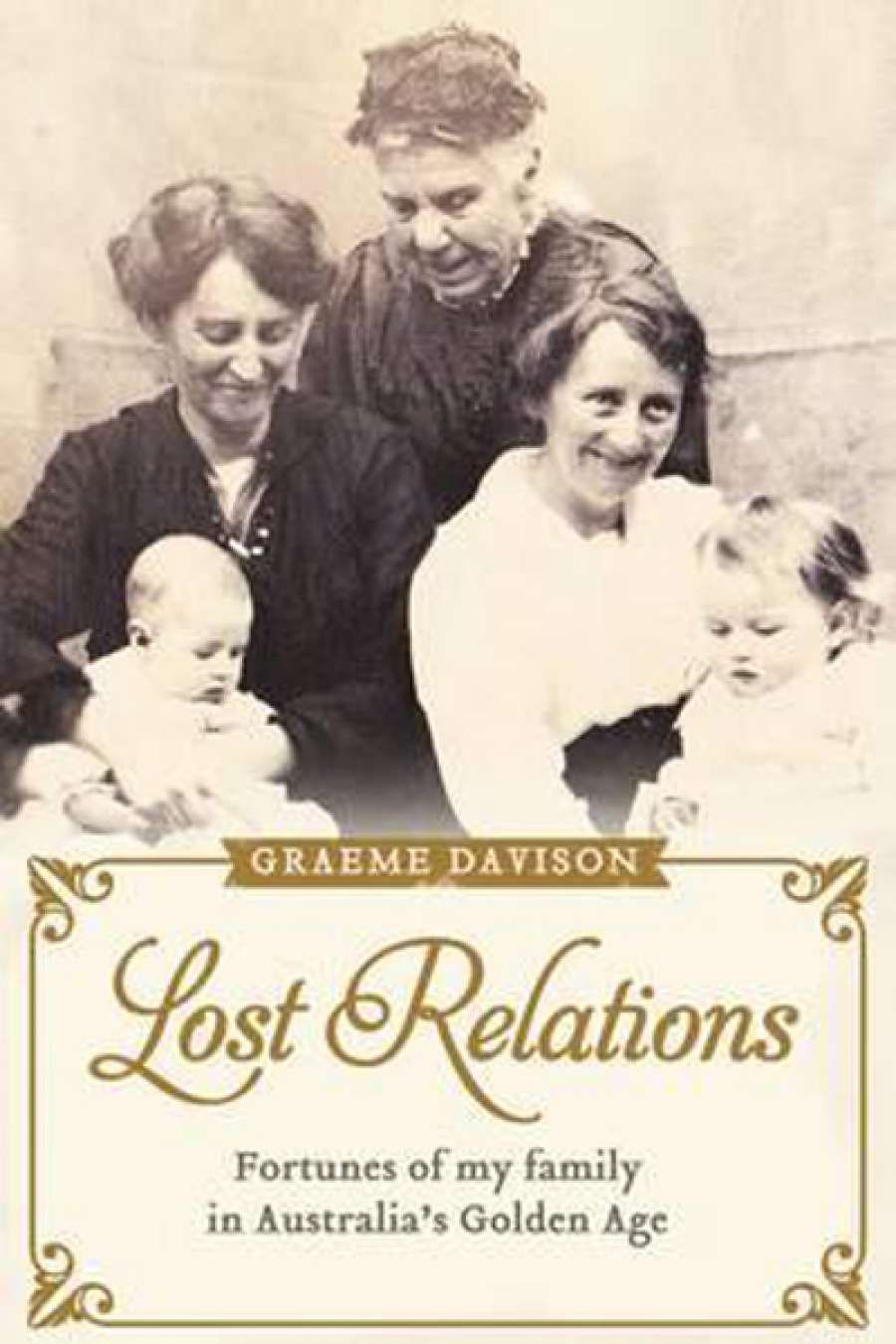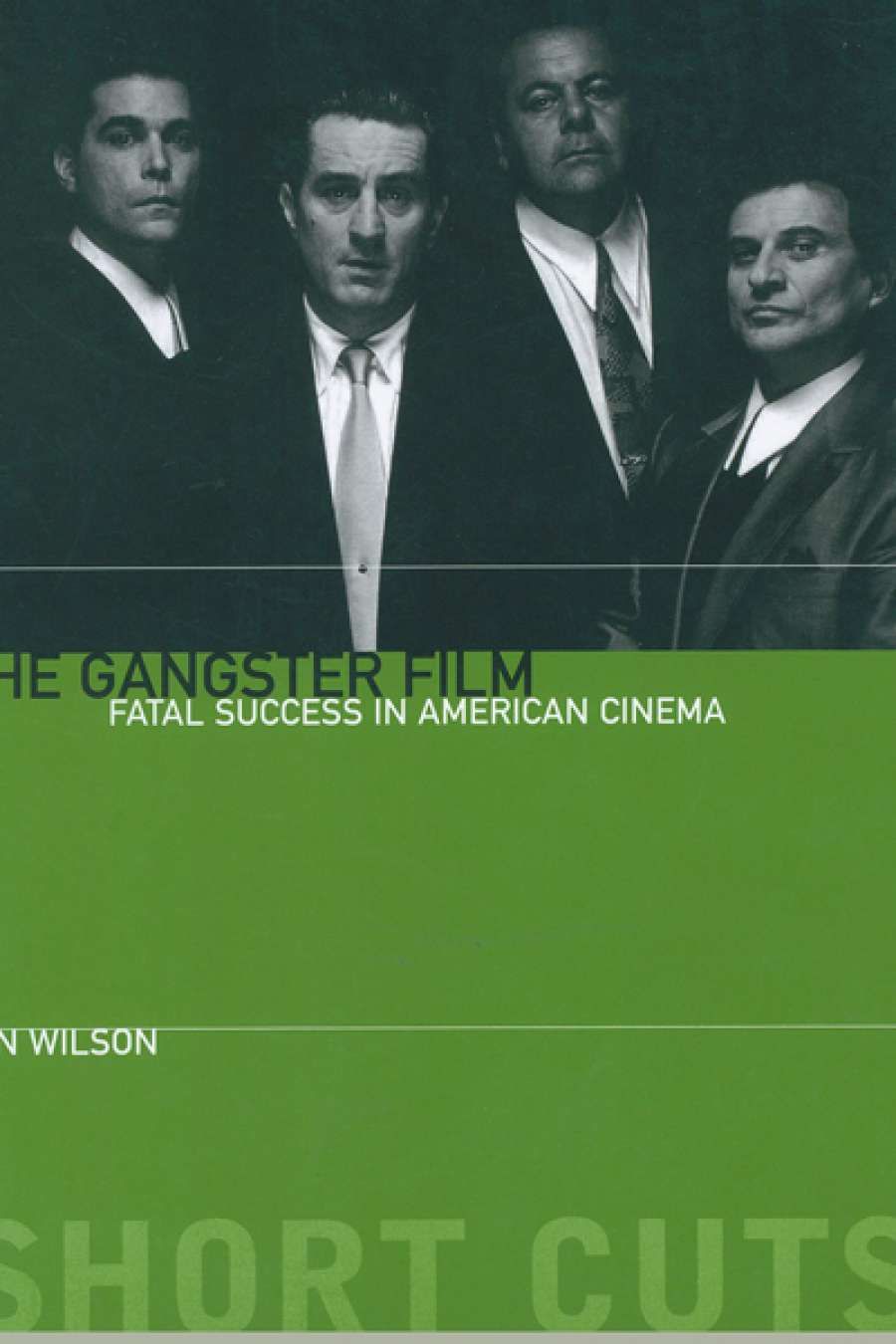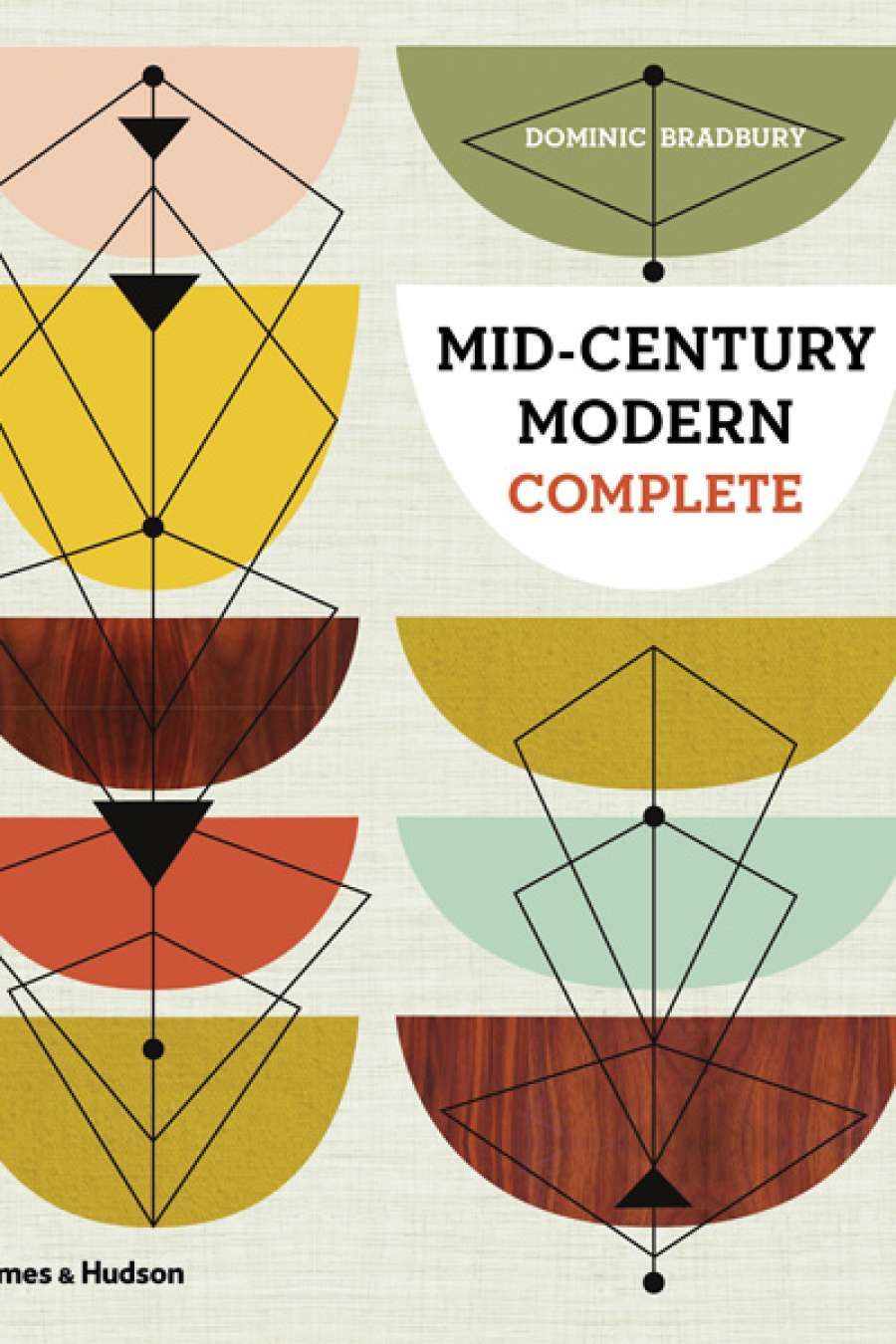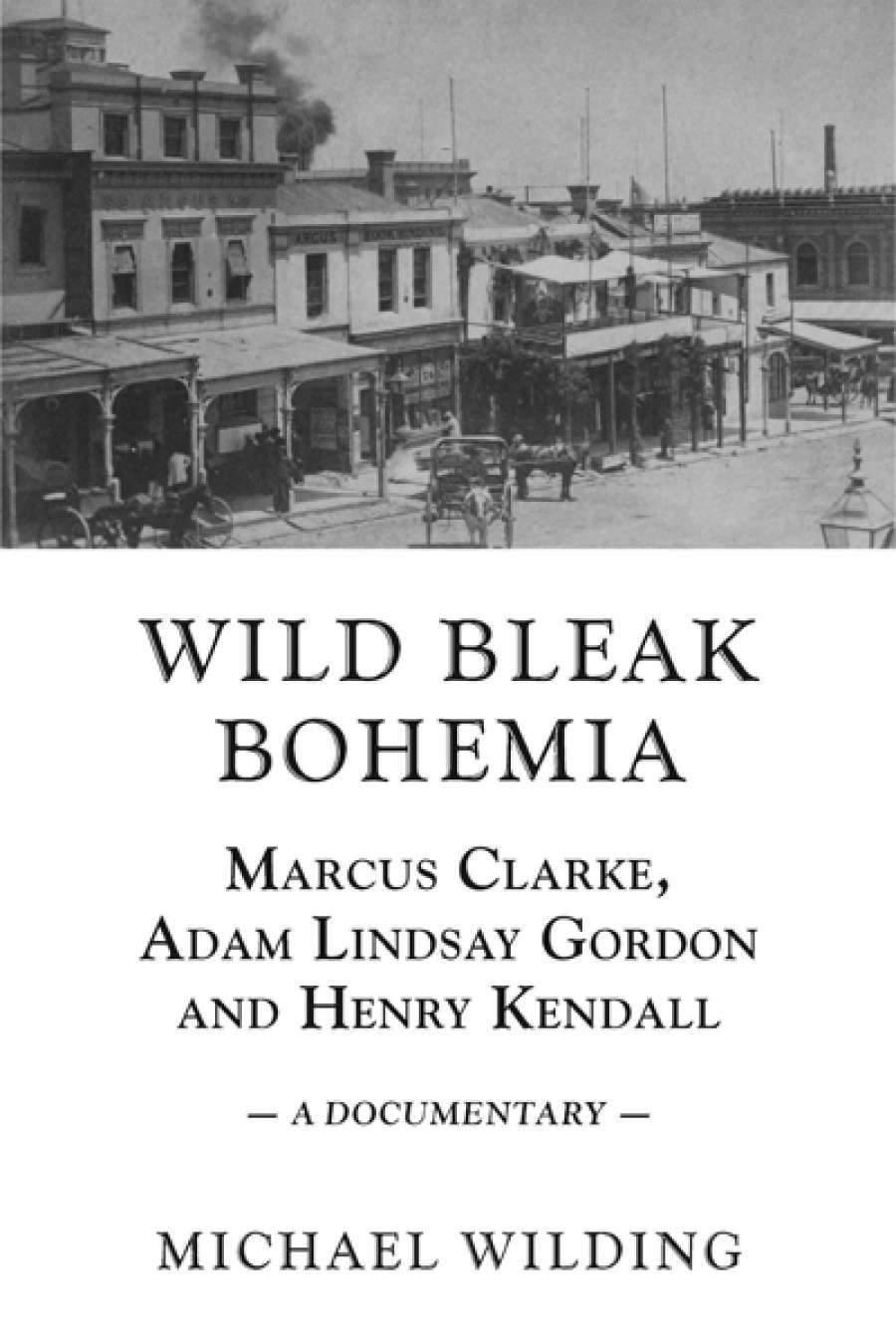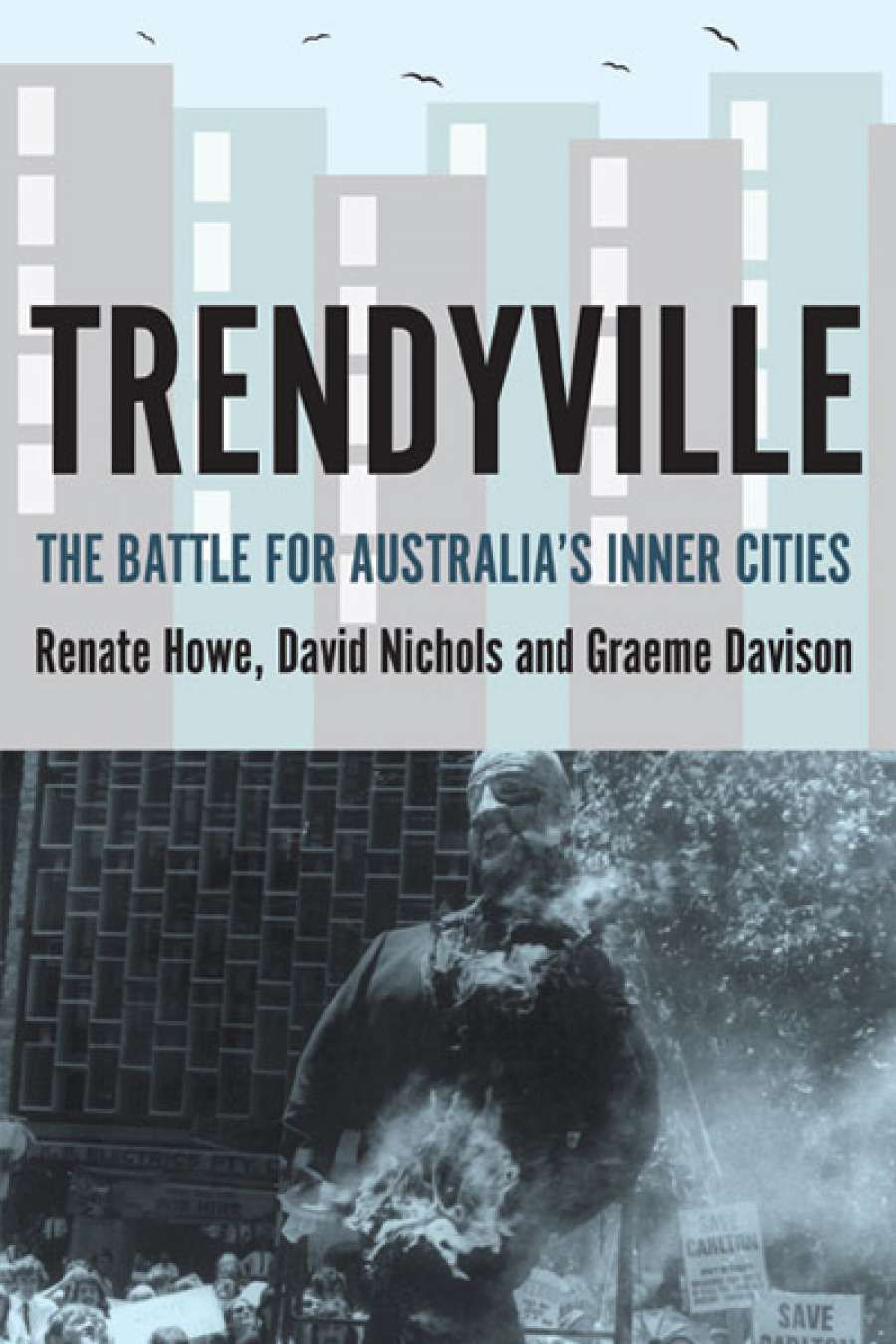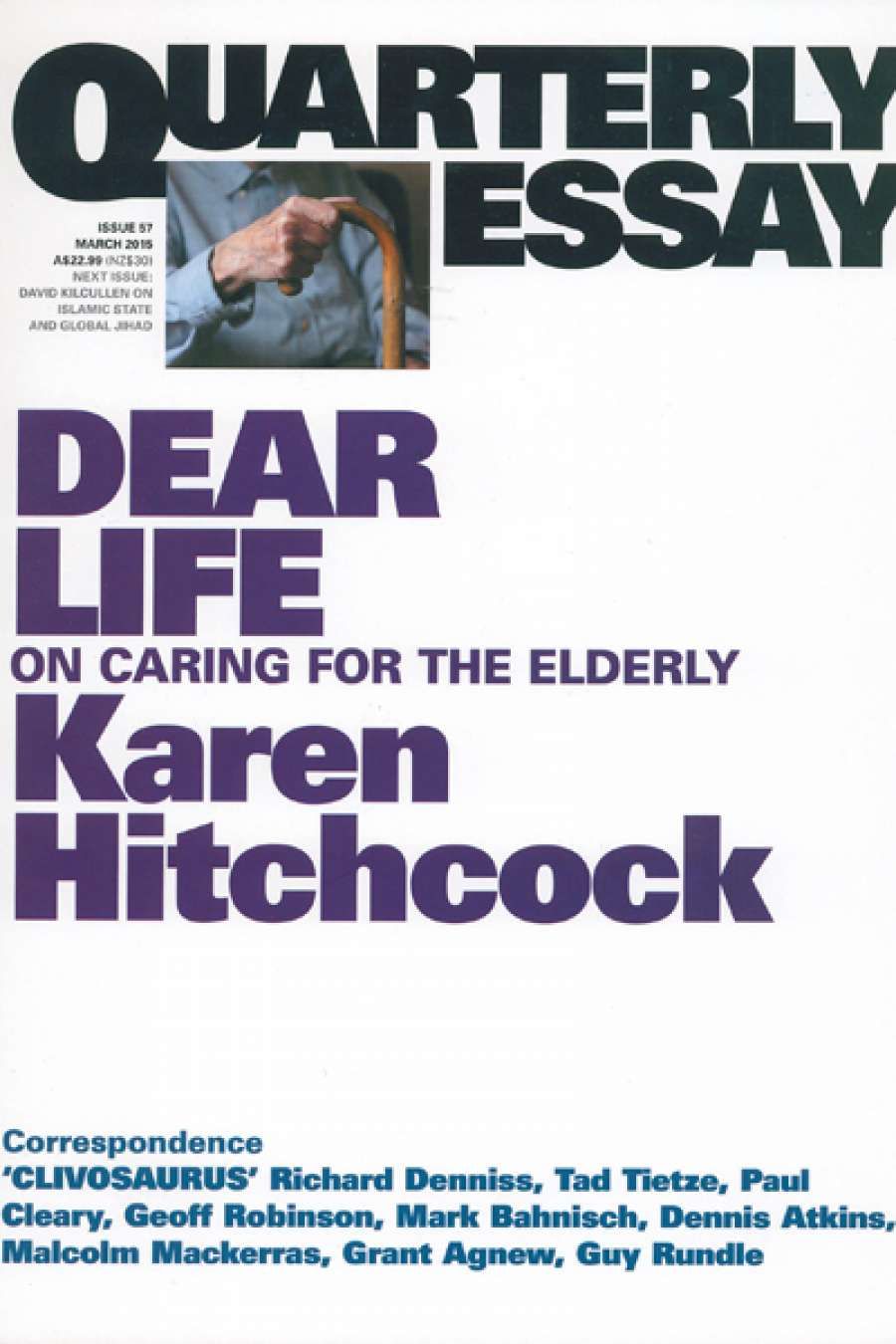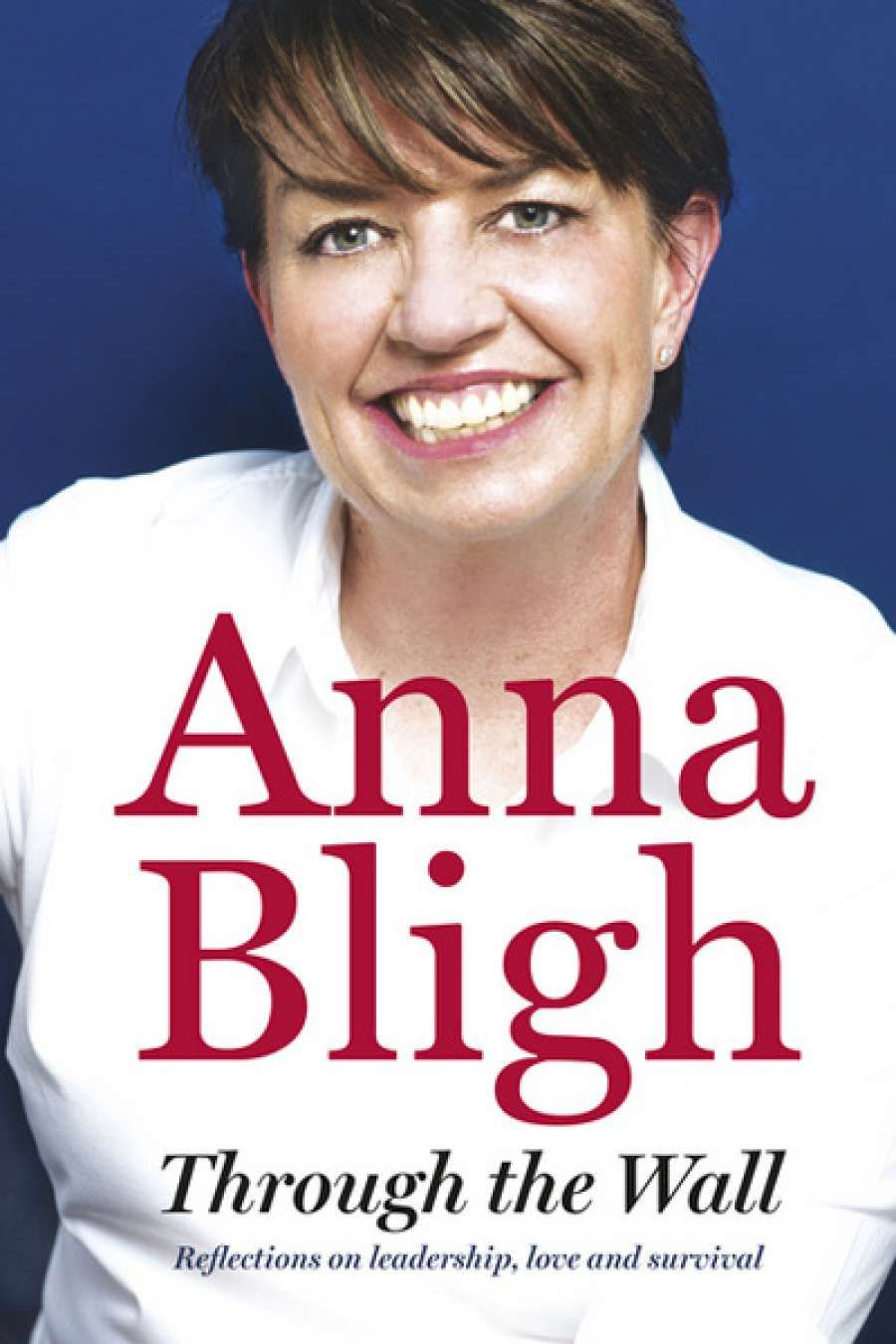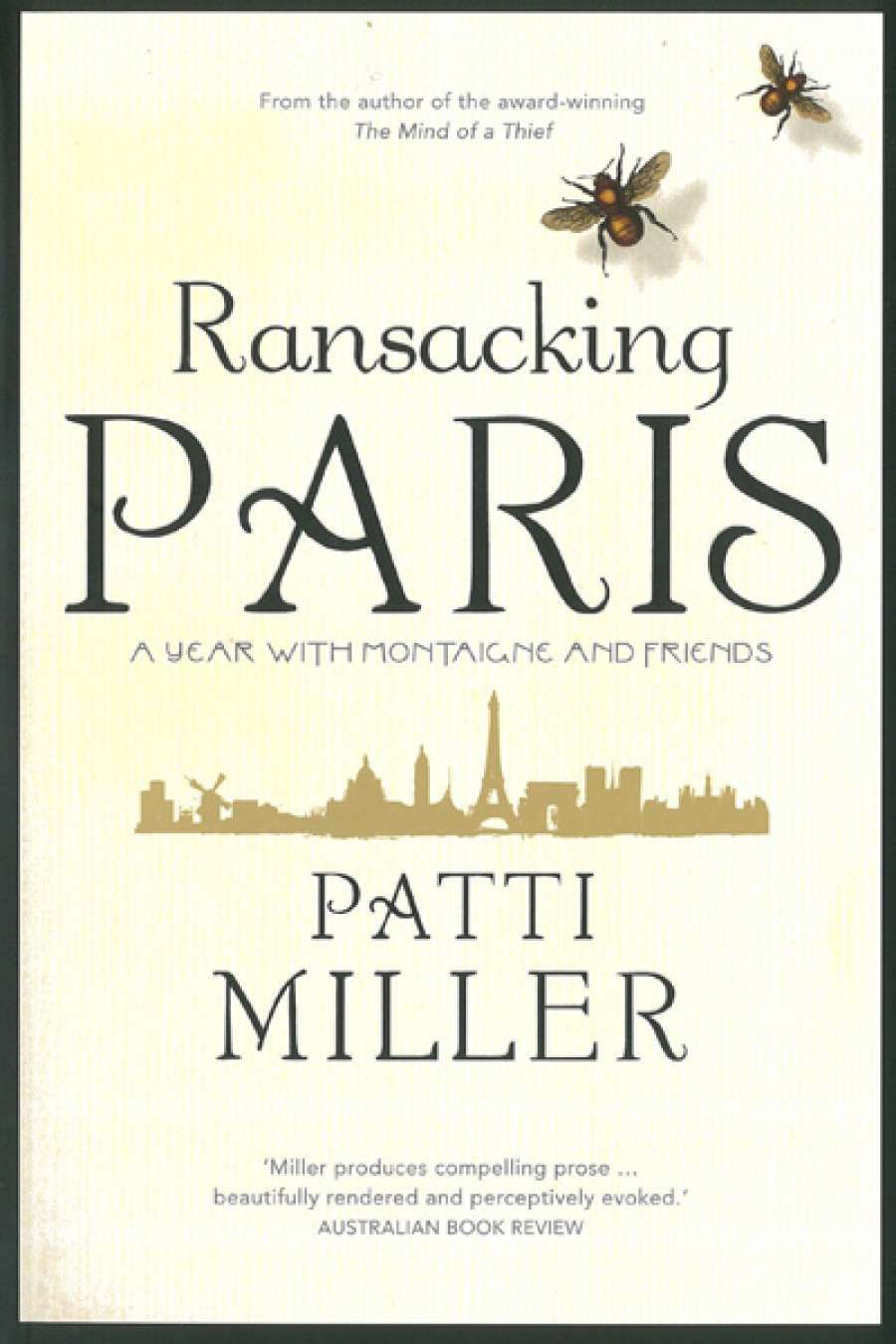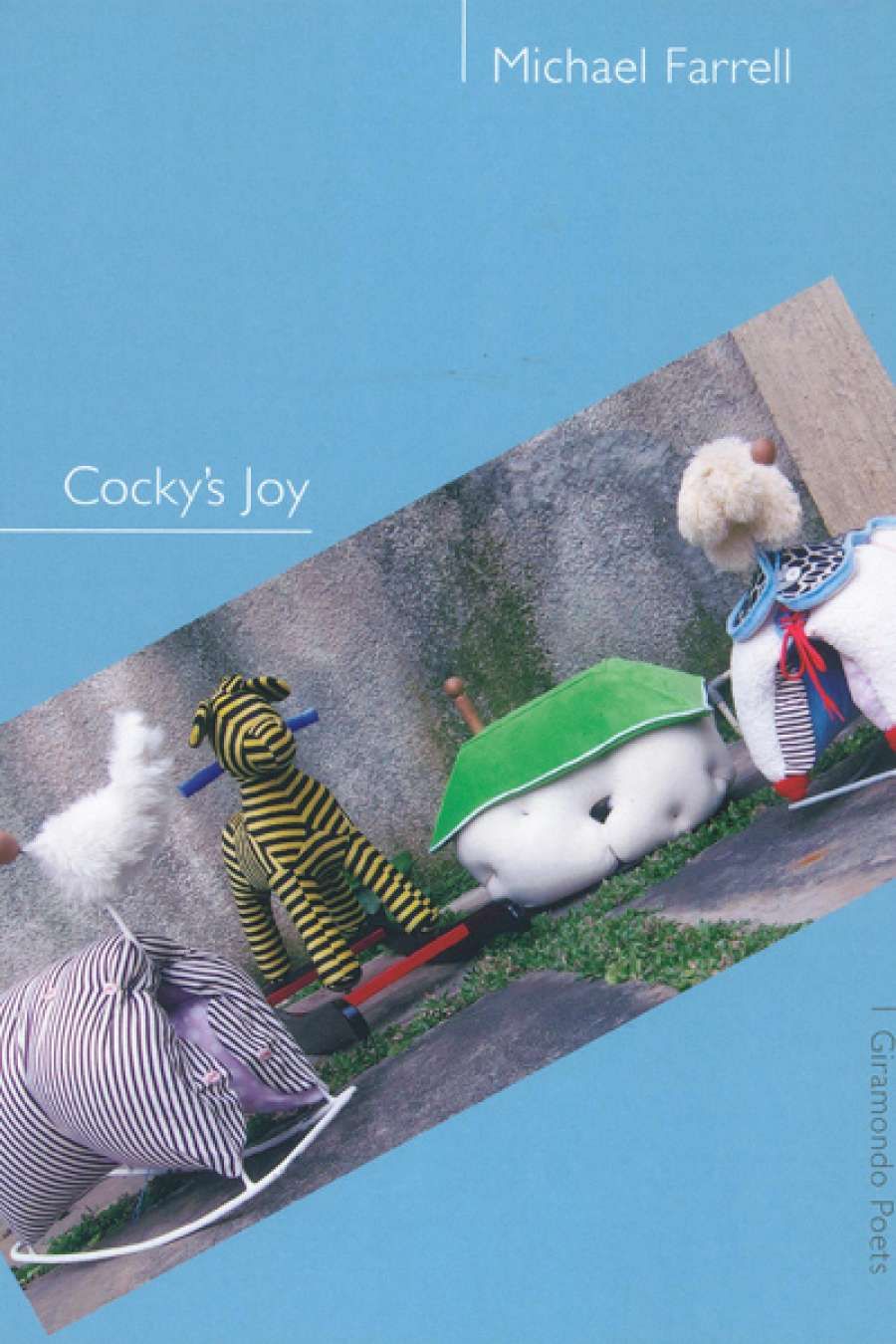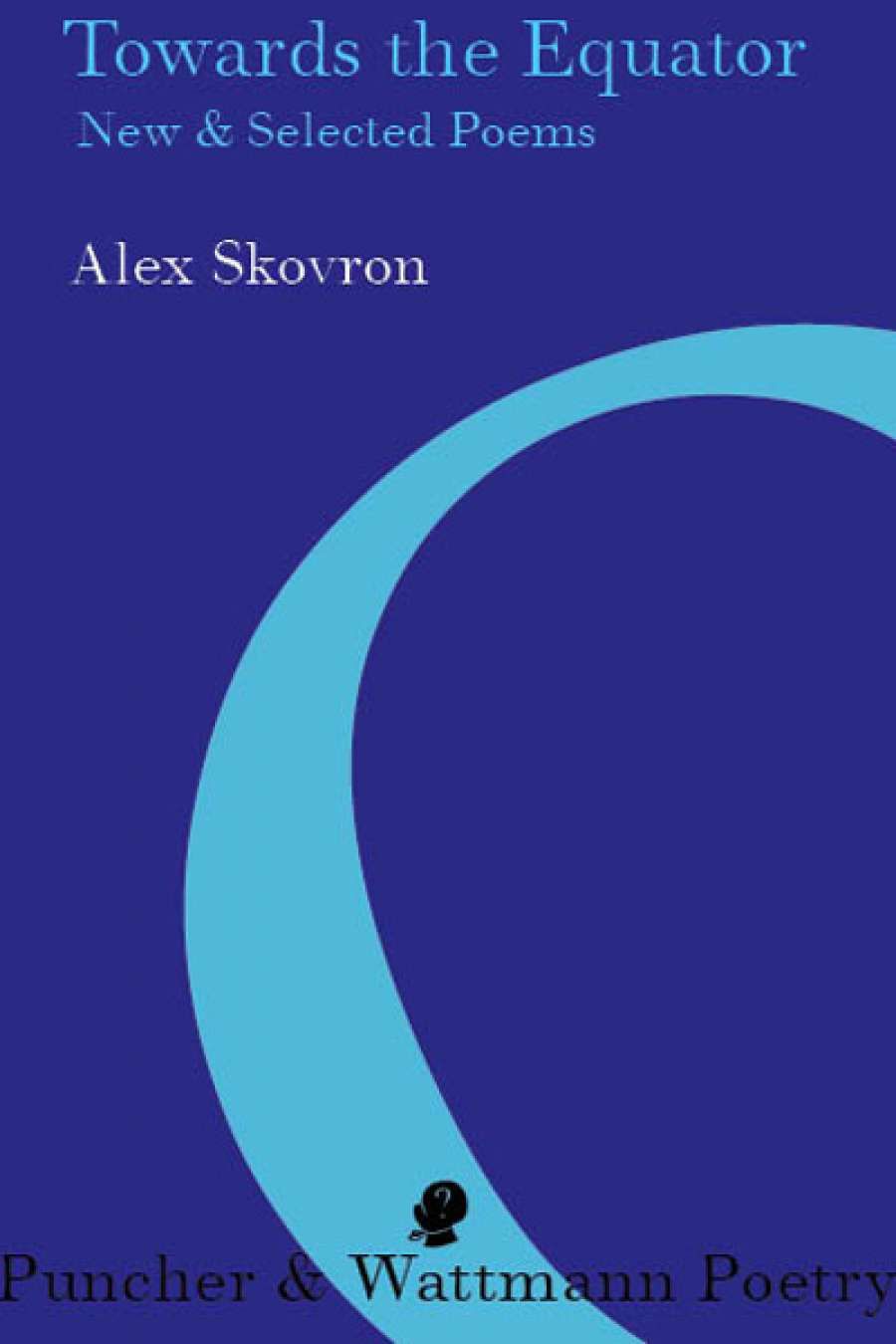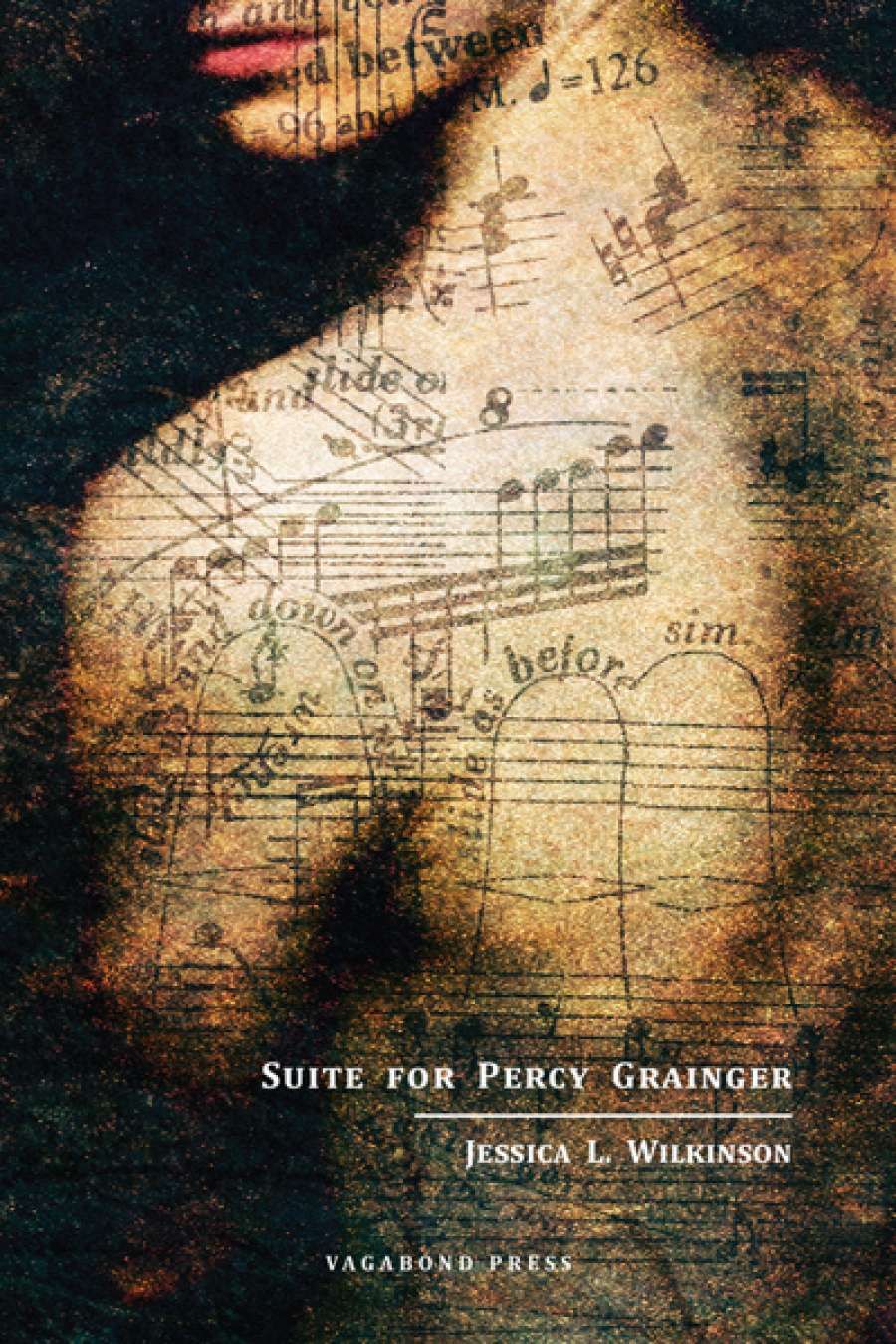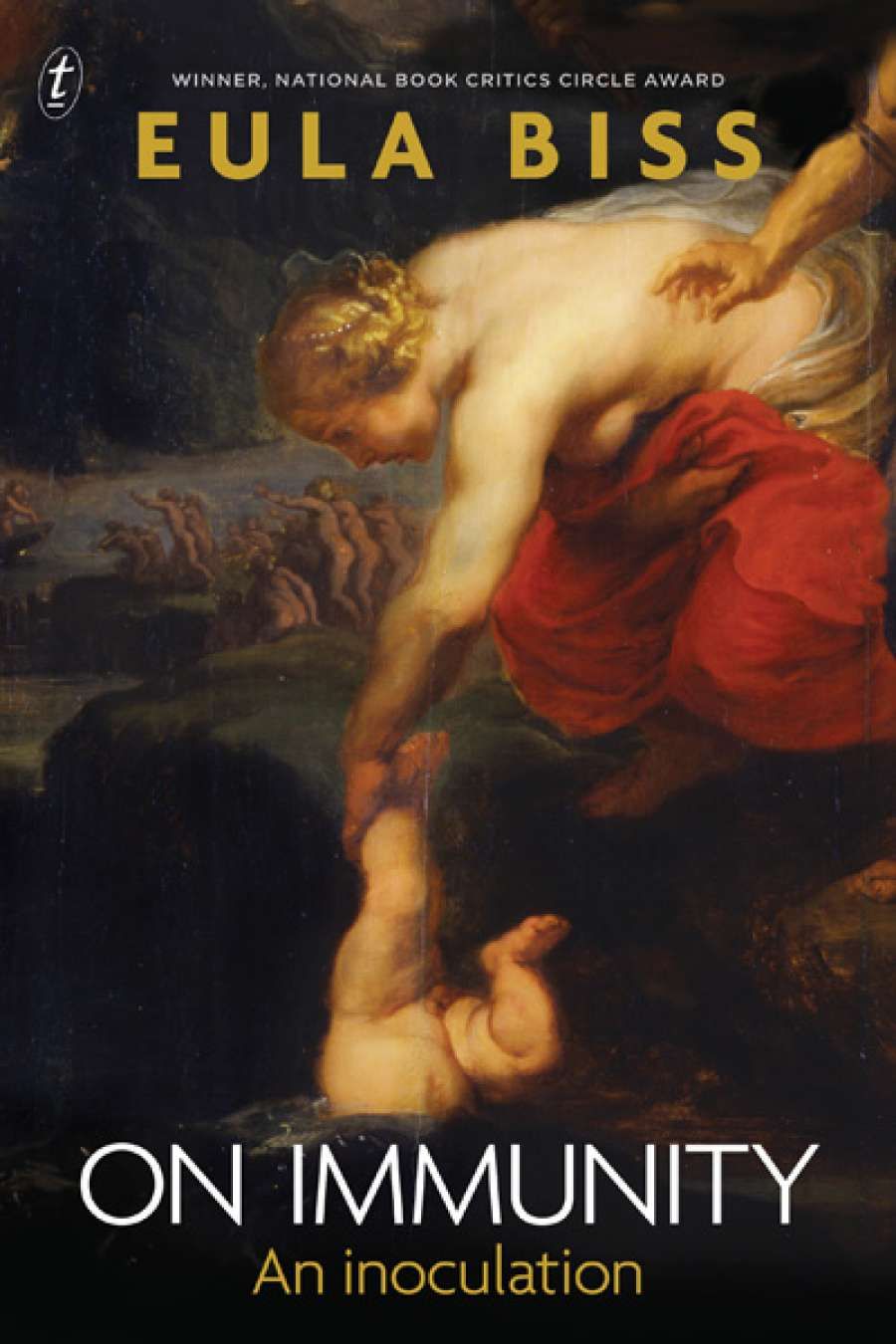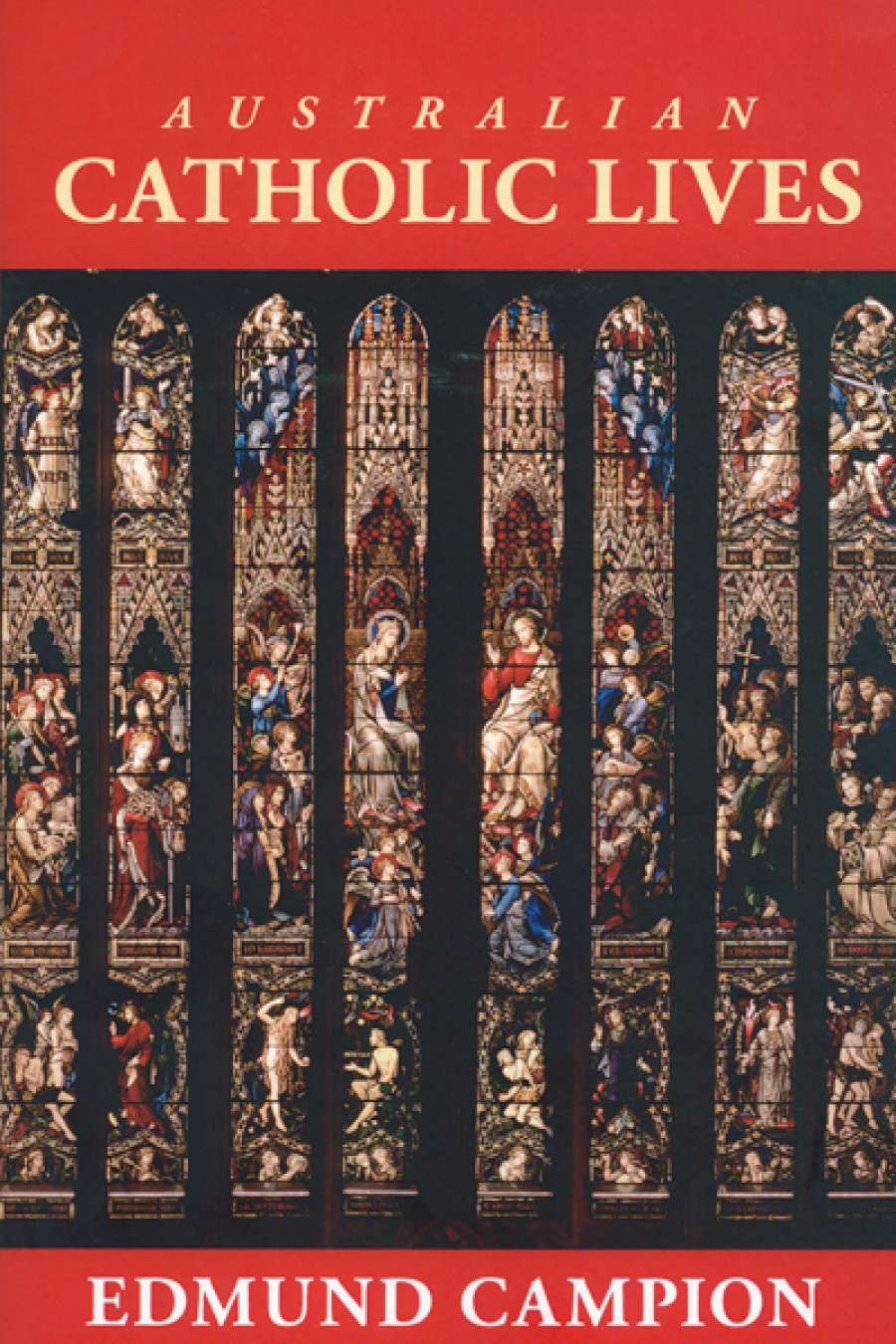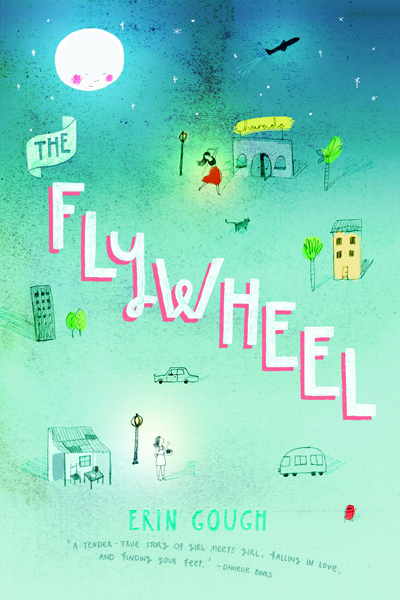Porter Prize
On 12 May a large audience gathered at the excellent Collected Works bookshop in Melbourne for the announcement of the 2015 Peter Porter Poetry Prize, always a highlight on the ABR calendar (see photographs of the event here). First we heard from several admirers of Peter Porter’s work who read individual poems by him. After the poets or their representatives had introduced and read their poems, Morag Fraser, who supports this Prize, announced that Judith Beveridge’s poem ‘As Wasps Fly Upwards’ was the overall winner. She received $5,000. The other five shortlisted poets – Eileen Chong, Toby Fitch, John Kinsella, Kate Middleton, and Alex Skovron (whose new collection, Towards the Equator, is reviewed here) – each received $500. All six poems appeared in our May issue and can be read by subscribers here.
Judith Beveridge told Advances: ‘I am deeply honoured to have won the Porter Prize, not only because of the high regard I have for Peter Porter’s poetry and for Australian Book Review, but also because of the very strong 2015 shortlist. I loved all the poems and was truly surprised to hear I’d won. My sincere thanks to ABR for continuing this prestigious prize which is a great support for poets.’
The judges on this occasion were Lisa Gorton, Paul Kane, and Peter Rose.
ABR looks forward to presenting the twelfth Porter Prize later this year.
Openings
Our Editor welcomes opportunities to meet bright young things who are interested in writing for the magazine. One question arose during a recent class at the University of Sydney: how to open a review to maximum effect? Clearly, reviews published in literary magazines or newspapers have less time to ‘grab’ the reader’s attention. Reviews are read in bed and other unmentionable places. They are read fitfully, contingently, sometimes distractedly.
This issue contains several reviews whose opening sentences caught our Editor’s attention. Here is Sheila Fitzpatrick, the eminent Soviet historian, introducing a major new biography: ‘Who cares any more about Lenin?’. Michael Douglas, in his first review for us, begins startlingly, ‘Joel Simon has had more friends murdered than I have friends’. David McCooey, on Michael Farrell’s new poetry collection, begins: ‘As popular culture has long understood (hello Priscilla, hello Muriel), there is something queer about Australia’. Advances defies you not to read on.
ABR Patrons’ Fellowship
Applications are now open for the next ABR Patrons' Fellowship. This Fellowship is for an extended article with an indigenous focus. The Fellowship, open to all published Australian writers, is worth $5000 and applications close September 1.
Where have you been?
The German-born poet, translator, and critic, Michael Hofmann, knows a thing or two about delivering shocks, to readers and authors alike, as Richard Flanagan found out recently. (Hofmann, in the LRB of 18 December 2014, published an excoriating review of The Narrow Road to the Deep North, to which A.C. Grayling – chair of the Booker Prize judging panel – took splenetic exception.)
Hofmann has just published a collection of thirty essays: Where Have You Been? (Faber, $59.99 hb, 296 pp, 9780571323661). Many of them first appeared in those other acronyms – LRB, NYRB, TLS – but one of them, a review of Australian Poetry Since 1788, was originally published in ABR (December 2011–January 2012). Those with a penchant for less seemly, courtly, equanimous reviews will enjoy Hofmann’s brilliant, if not inexpensive, compilation.
Apropos of first lines, Hofmann opens one review: ‘What can I tell you about Robert Lowell?’ Well, plenty.
Supporting Australian writers
Last month we editorialised about the worrying tendency to deny freelance reviewers (especially younger ones) payment for their journalism. Many ABR readers have responded supportively – some with a degree of incredulity regarding this culture of exploitation. We thank them for their interest, and we are immensely grateful to those people (some Patrons, some not) who have donated to the magazine in recent weeks. ABR is committed to further increasing its payments to writers (which have doubled in the past two years).
Special offer
Help us to spread the word about what ABR has to offer new readers by encouraging friends and colleagues to subscribe. If they subscribe (mentioning your name and subscriber number in the process), we will add two free issues to your current subscription – and two more for the next recruit you enlist. Enlist five and we will add a year to your subscription. N.B. this offer applies only to print subscribers within Australia. EThis email address is being protected from spambots. You need JavaScript enabled to view it. for more details. (Conditions apply.)


